Business Lending
Fundbox Increases Speed of B2B Transactions
January 29, 2019 Prashant Fuloria, COO, Fundbox
Prashant Fuloria, COO, FundboxAt the end of last week, Fundbox announced that it has launched an AI-enabled platform for B2B companies at the point of transaction, or check out.
“We’re positioning ourselves to be the PayPal for B2B transactions,” a company spokesperson, Tim Donovan, told deBanked. “And that means becoming as ubiquitous as finding Visa, Amex or PayPal in a B2C checkout flow.”
As part of this new e-commerce feature, Fundox can underwrite companies looking to make a purchase in as fast as 45 seconds, Donovan said. And sellers get paid right away. This, of course, is a boon for sellers, who often must wait to get paid. (Fundbox takes on the risk of potentially not getting paid.) For buyers, Fundbox’s terms are generally better compared to using a credit card, Donovan said. As long as the buyer’s credit is approved, they can purchase inventory on an online platform within 3 minutes.
“This [new feature] marks our evolution from a product-centric company to a platform-centric company,” said Prashant Fuloria, COO of Fundbox.
Fundbox offers a number of small business products including small business loans, factoring and lines of credit. Fundbox is partnered with larger companies like Eventbrite, for event organizing, and QuickBooks, for accounting, to help lend to small businesses that use these platforms.
deBanked CONNECT Miami 2019 Photos
January 28, 2019





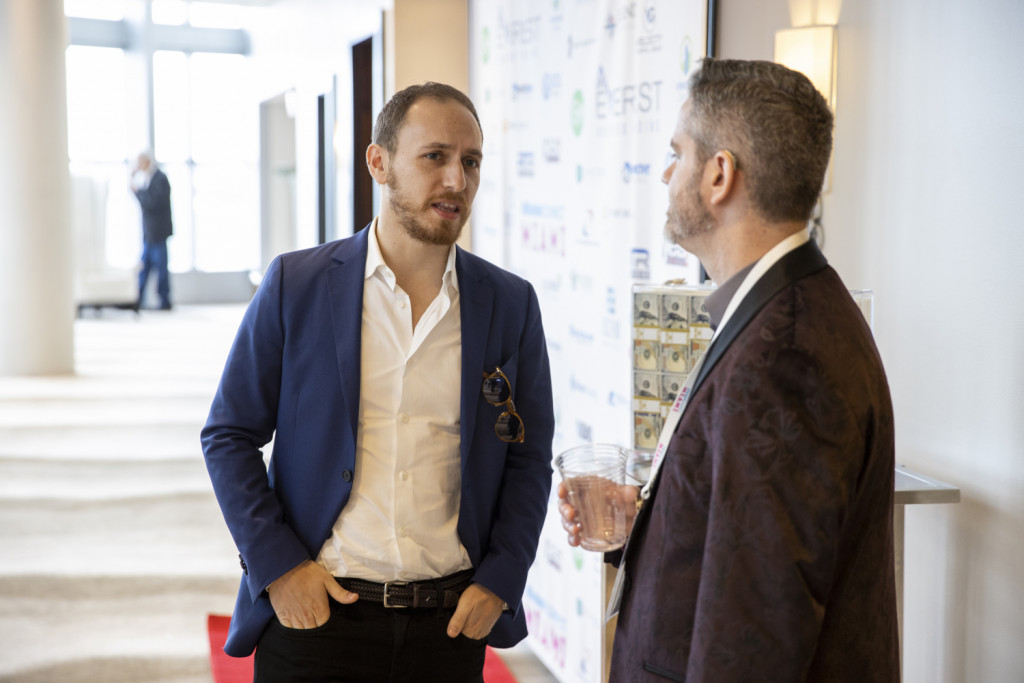












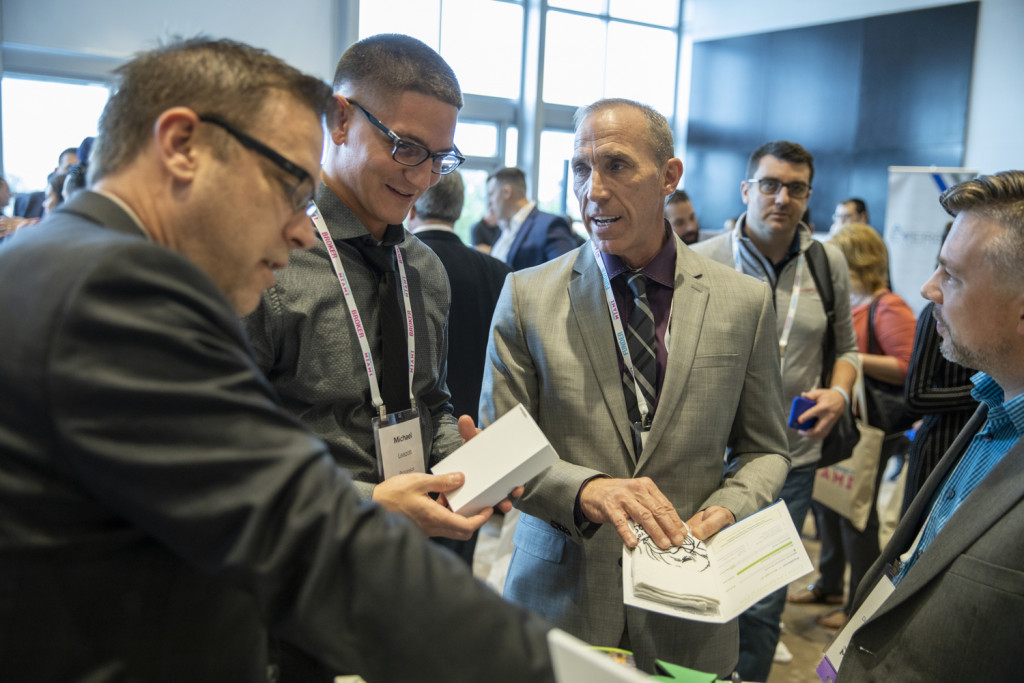



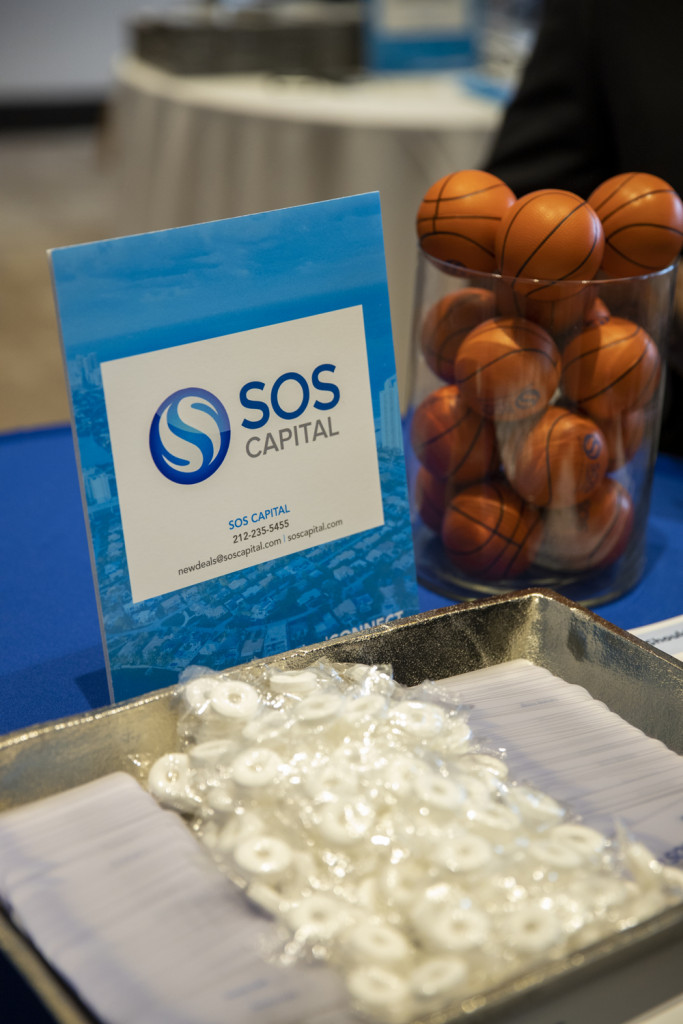
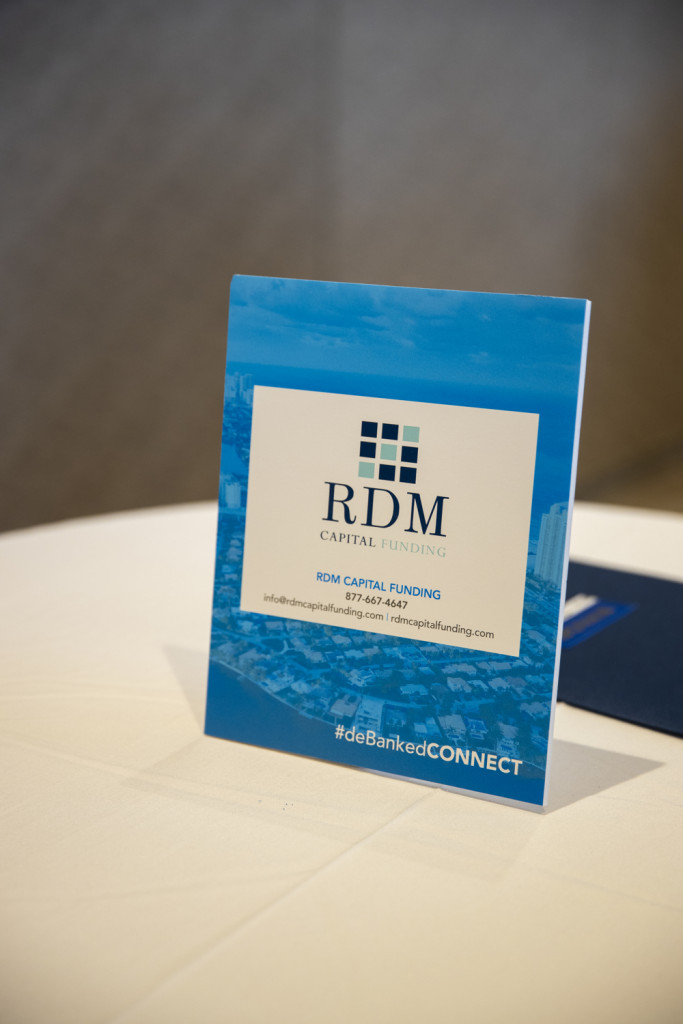
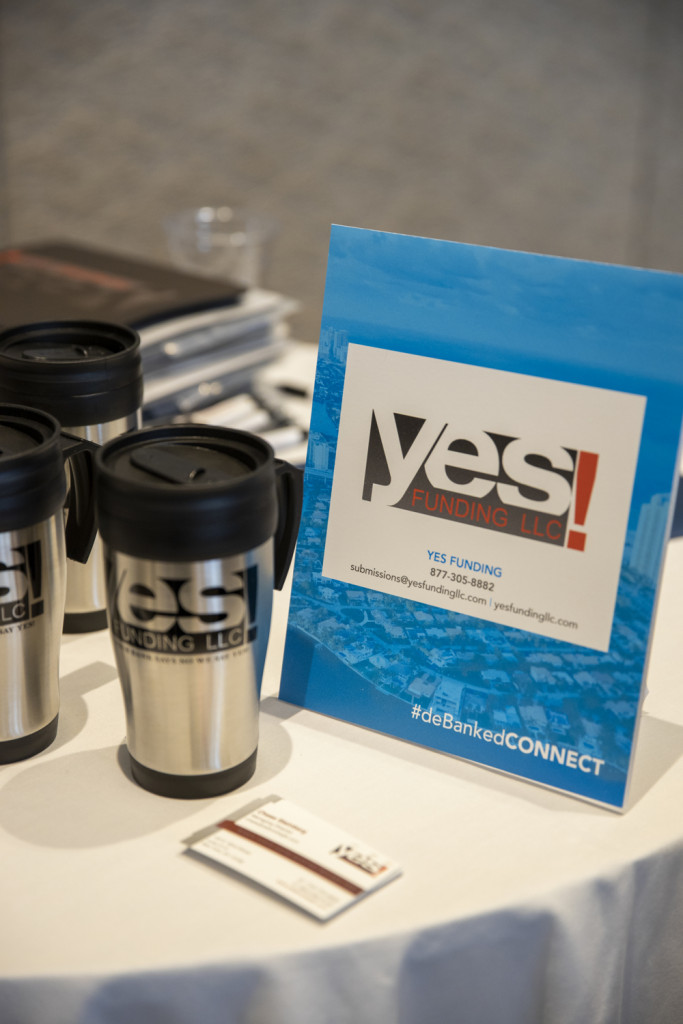
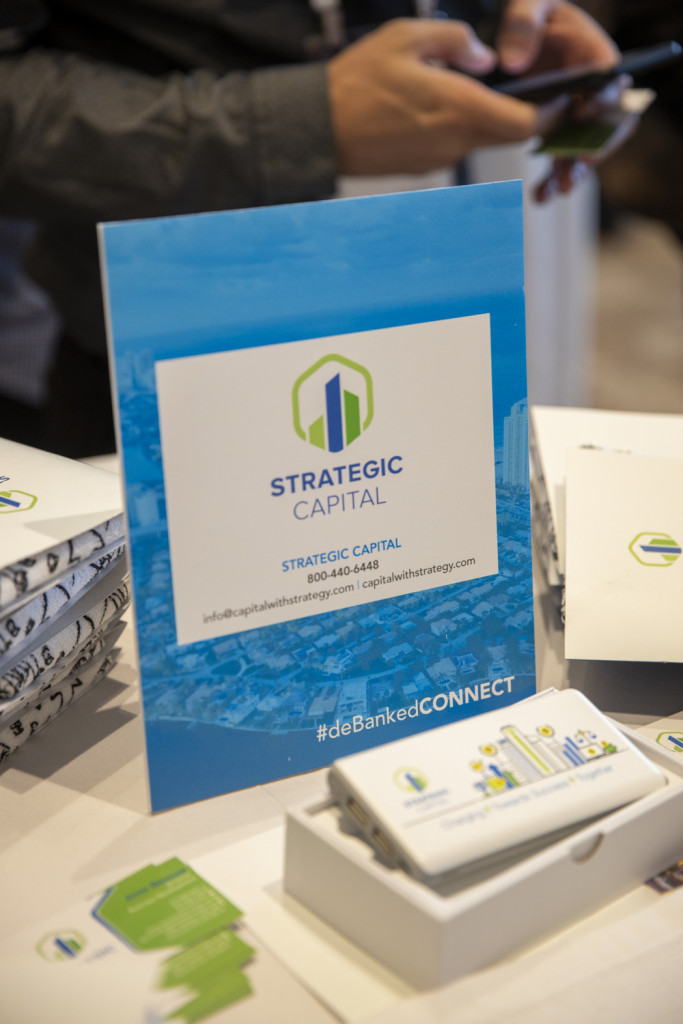
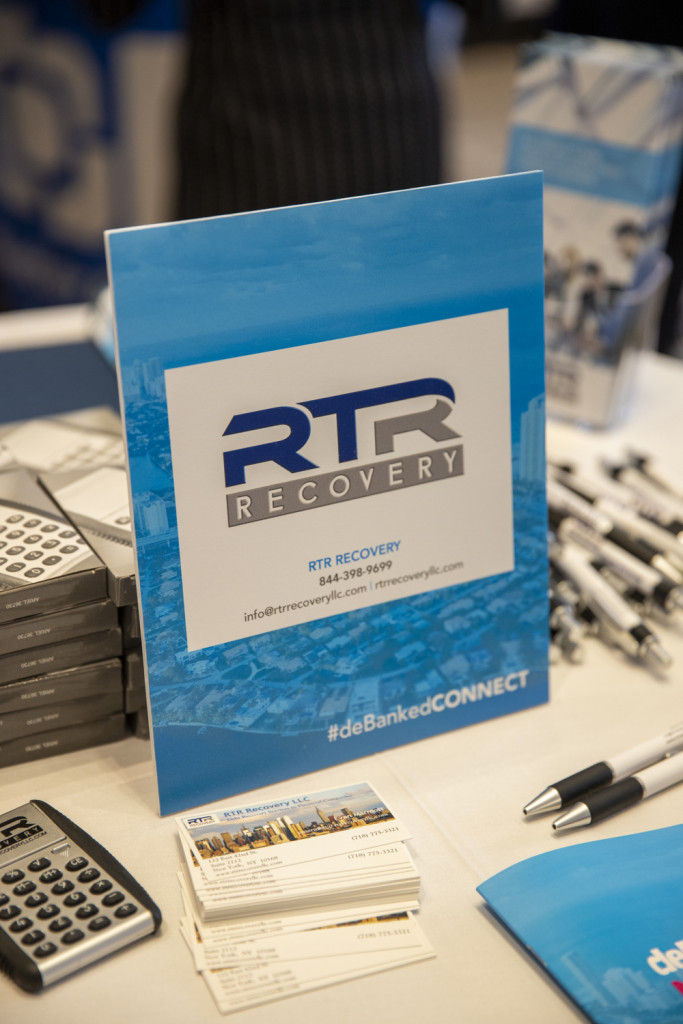

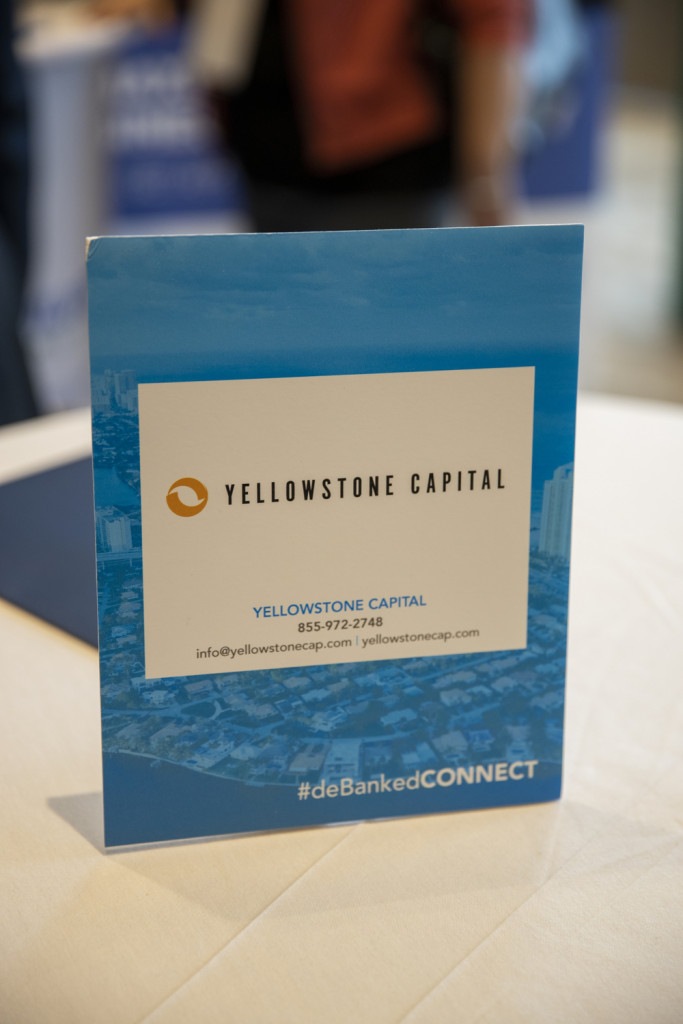





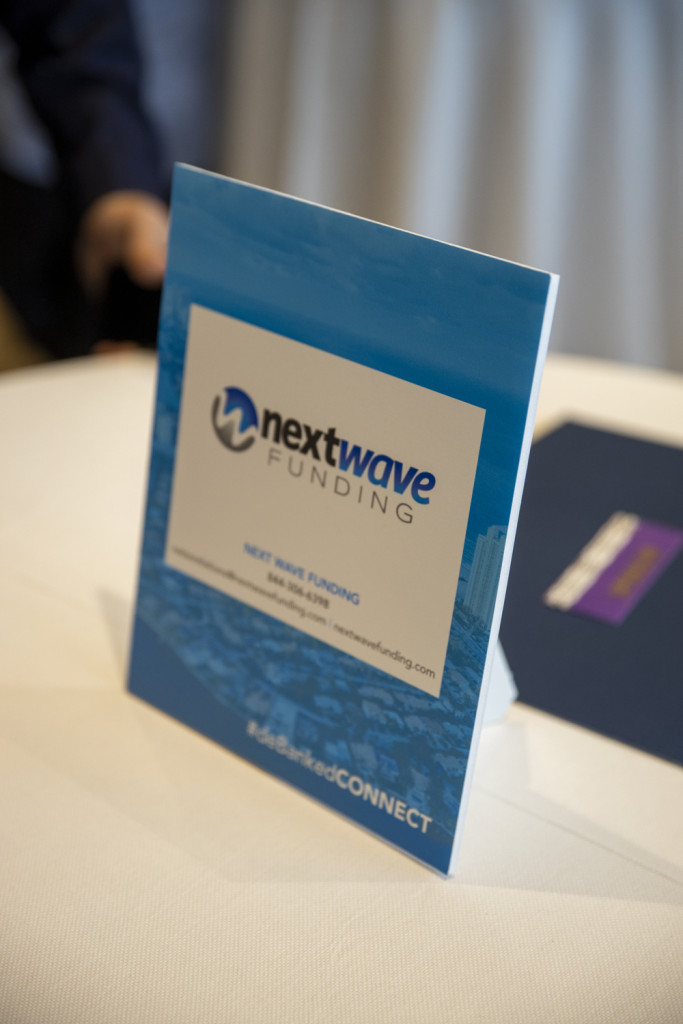
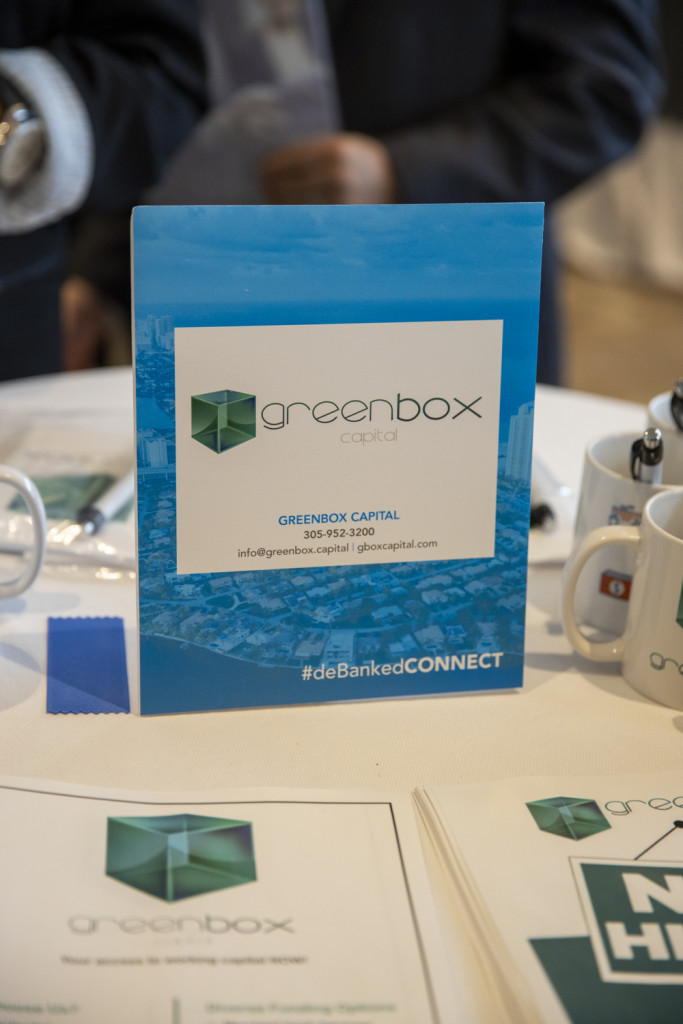
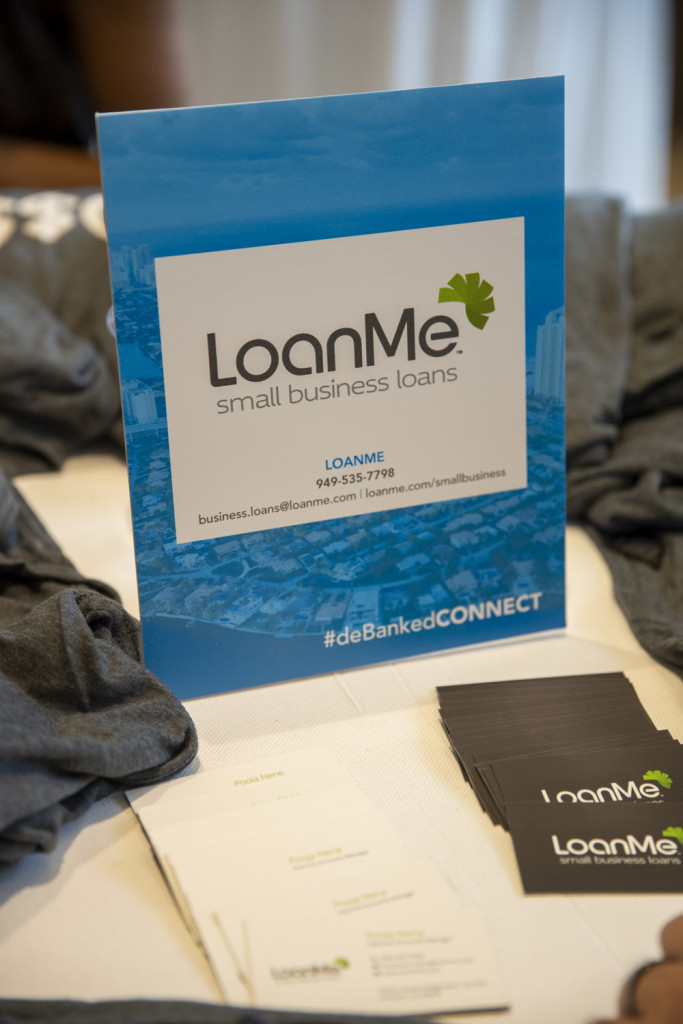



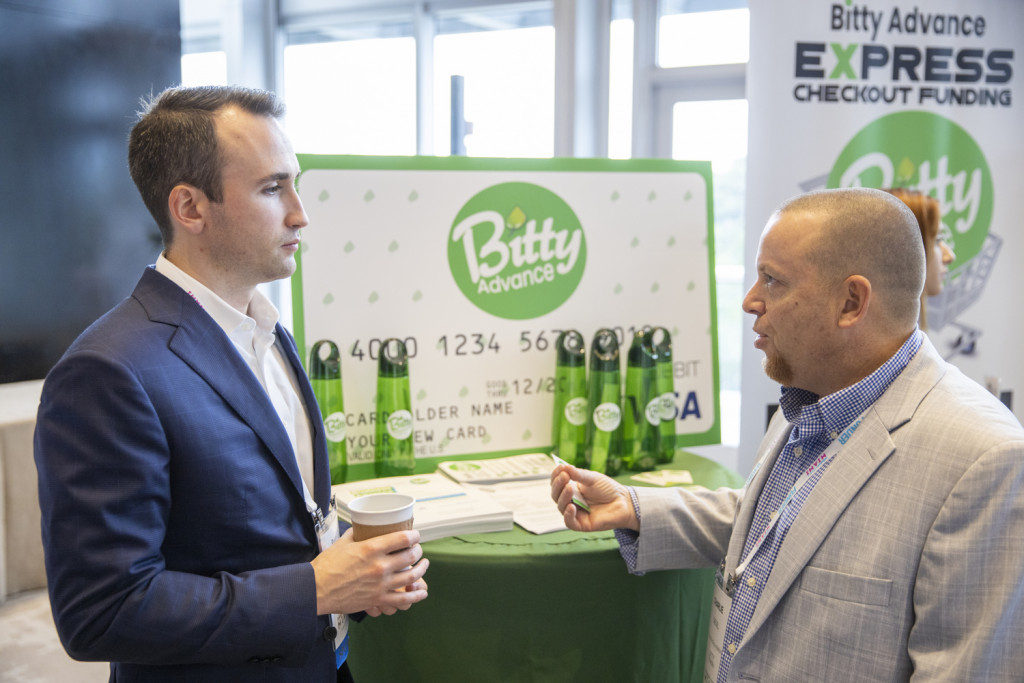




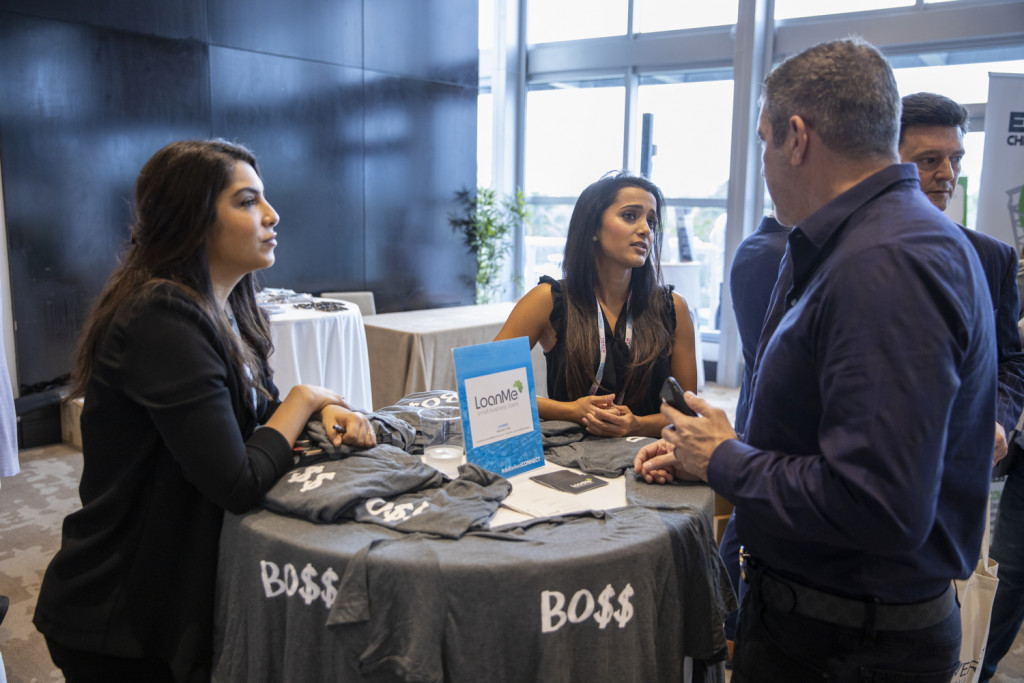
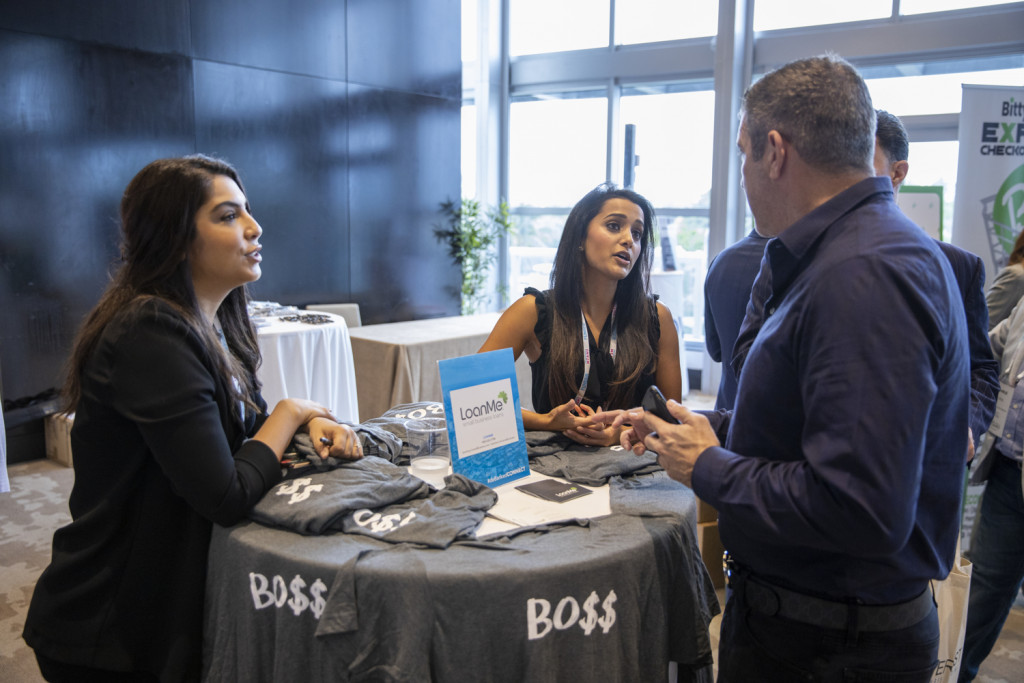



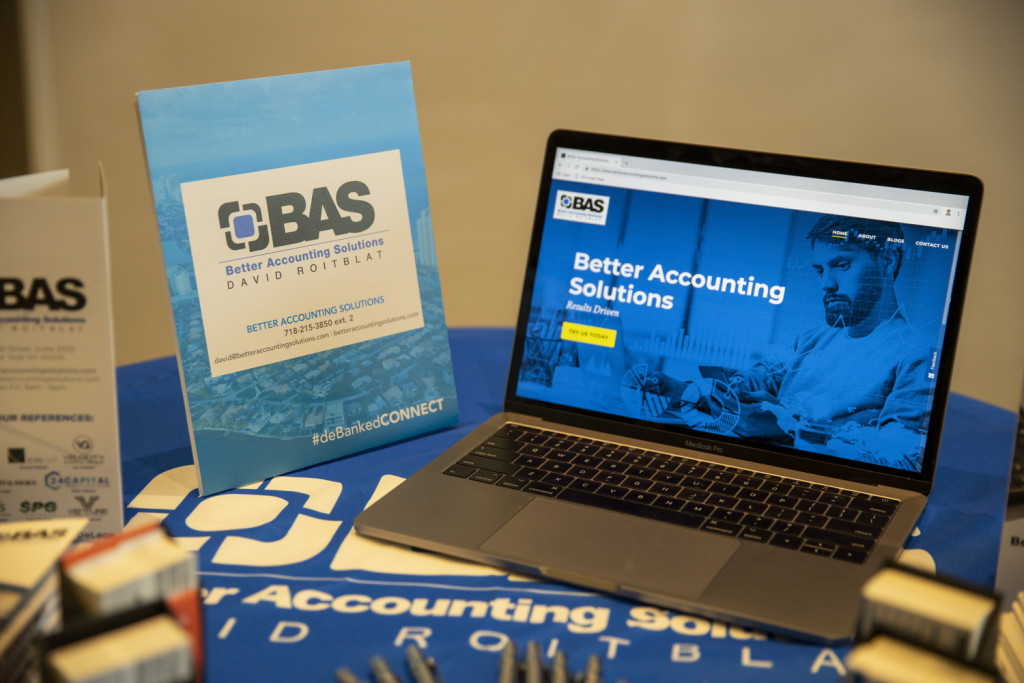

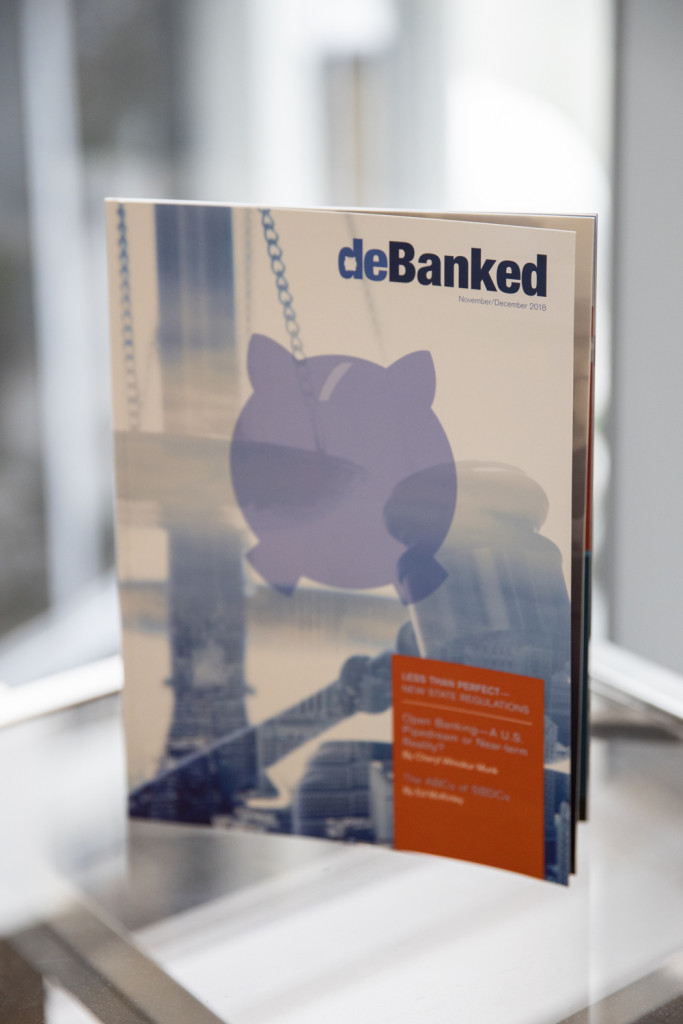

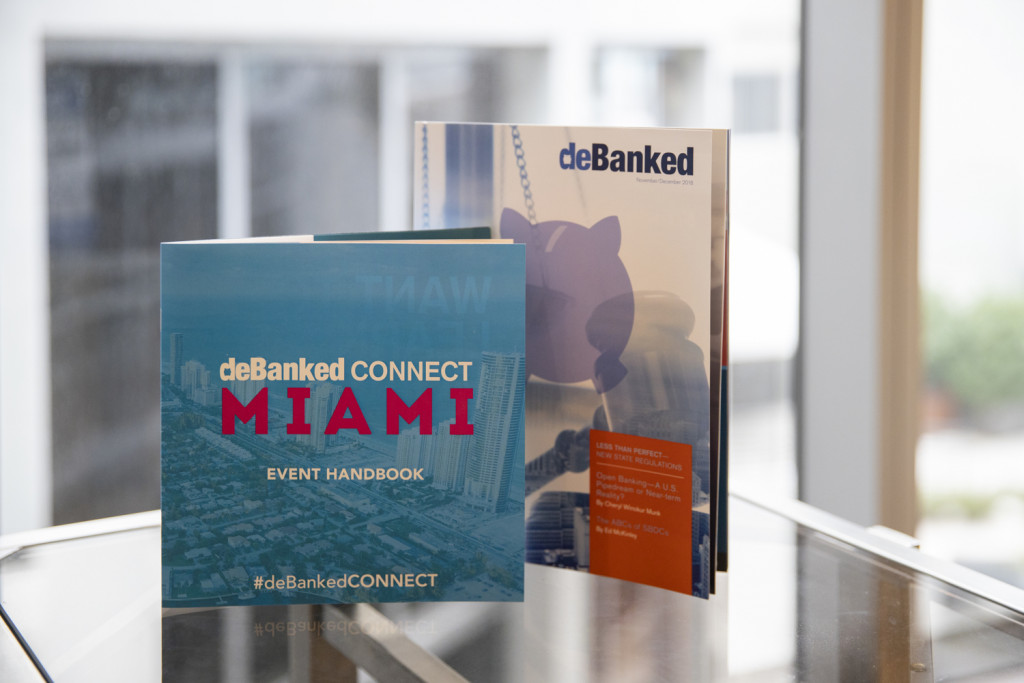
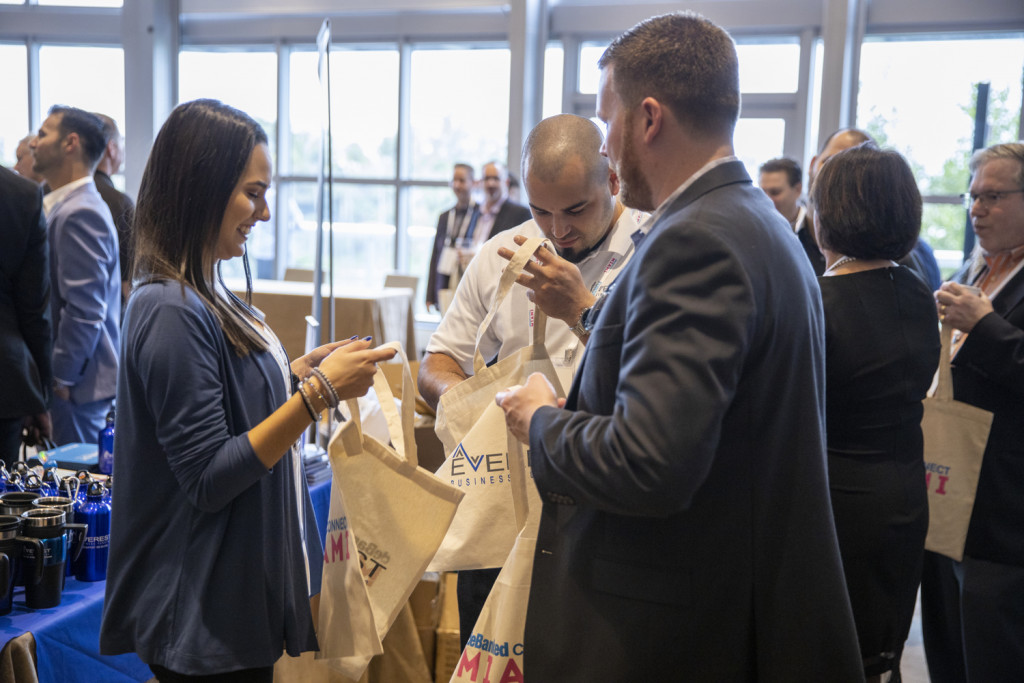
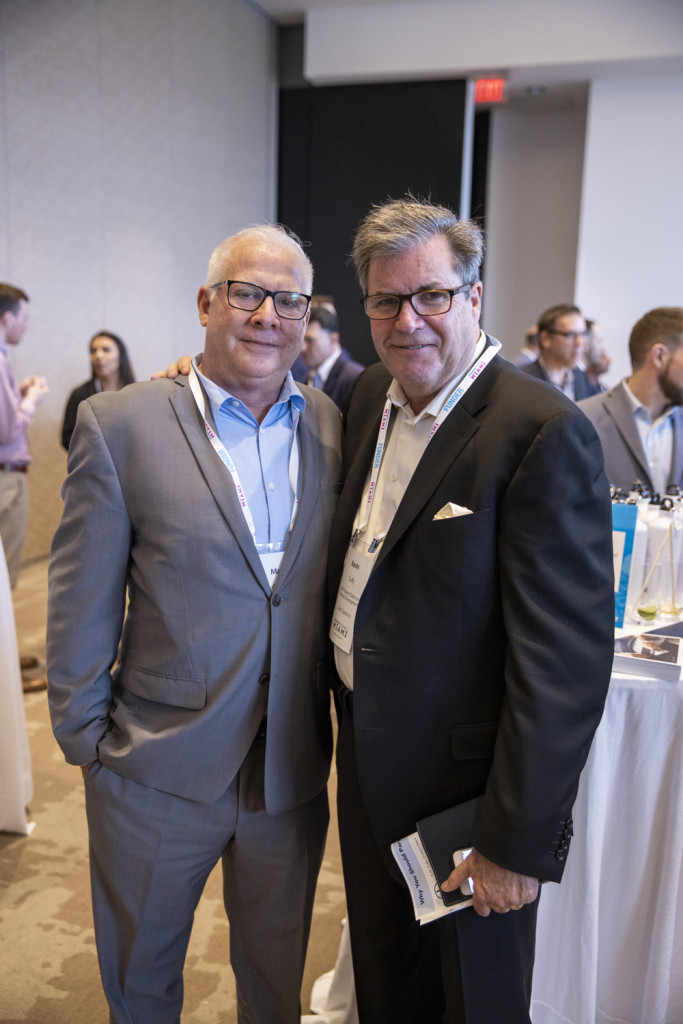






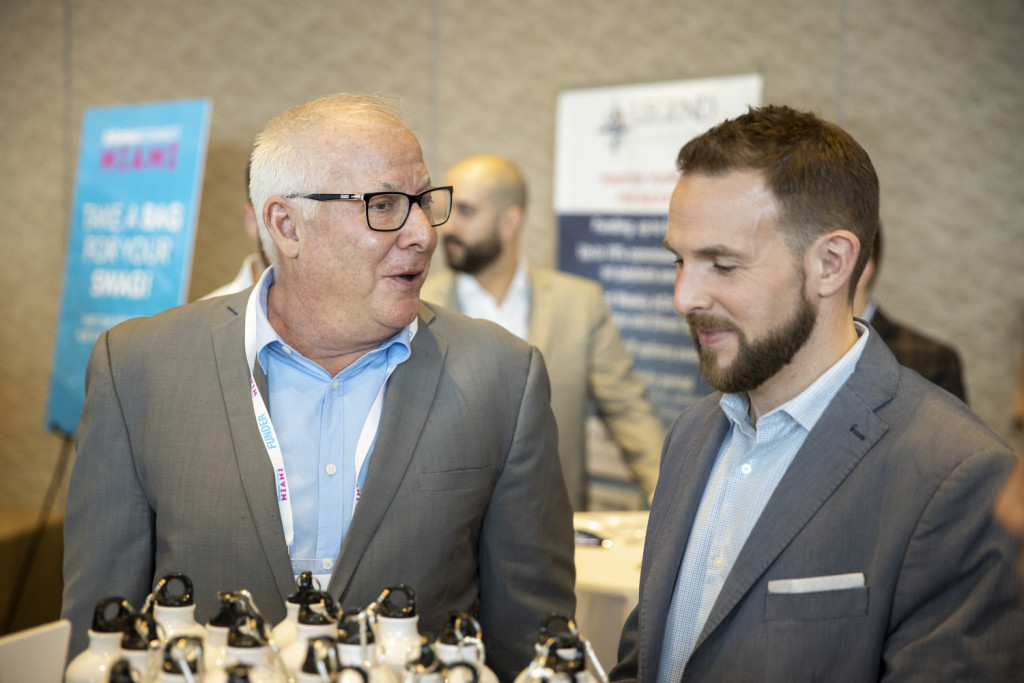







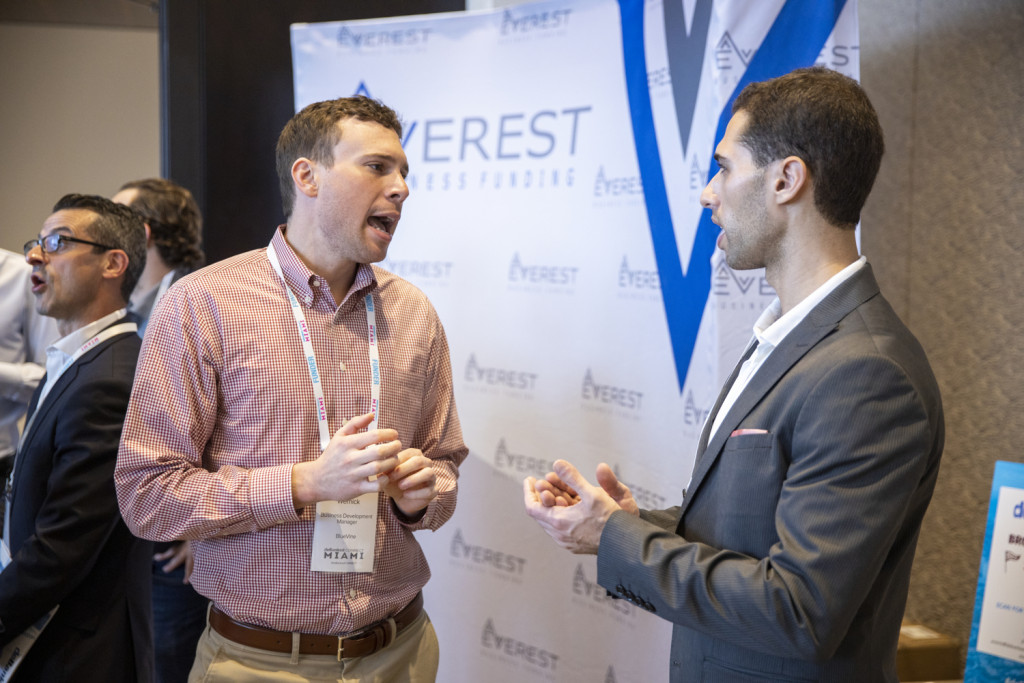
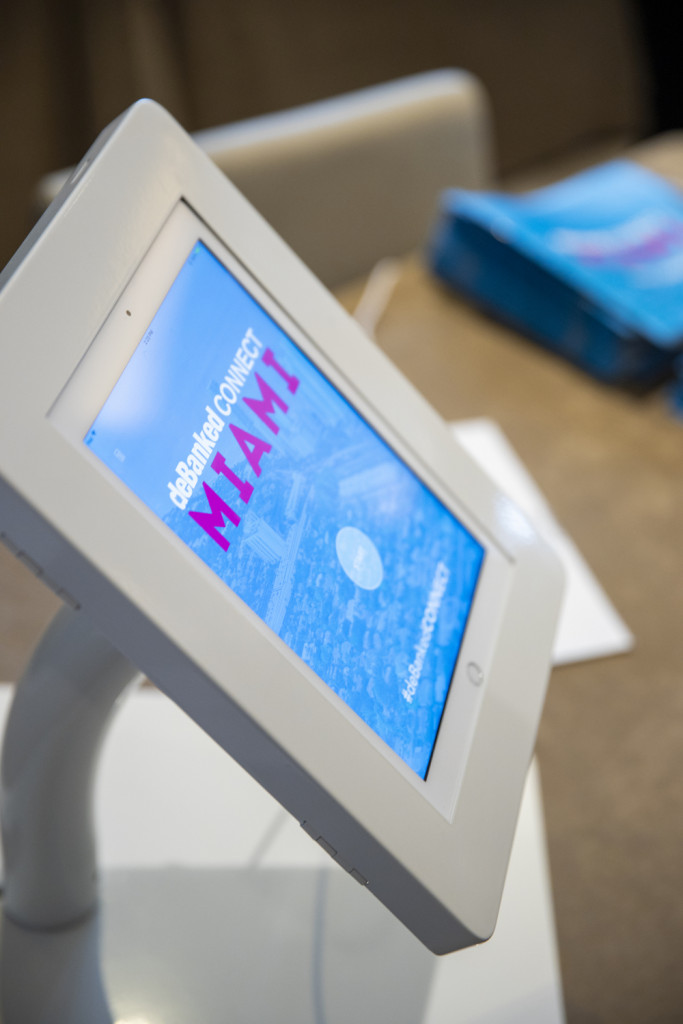





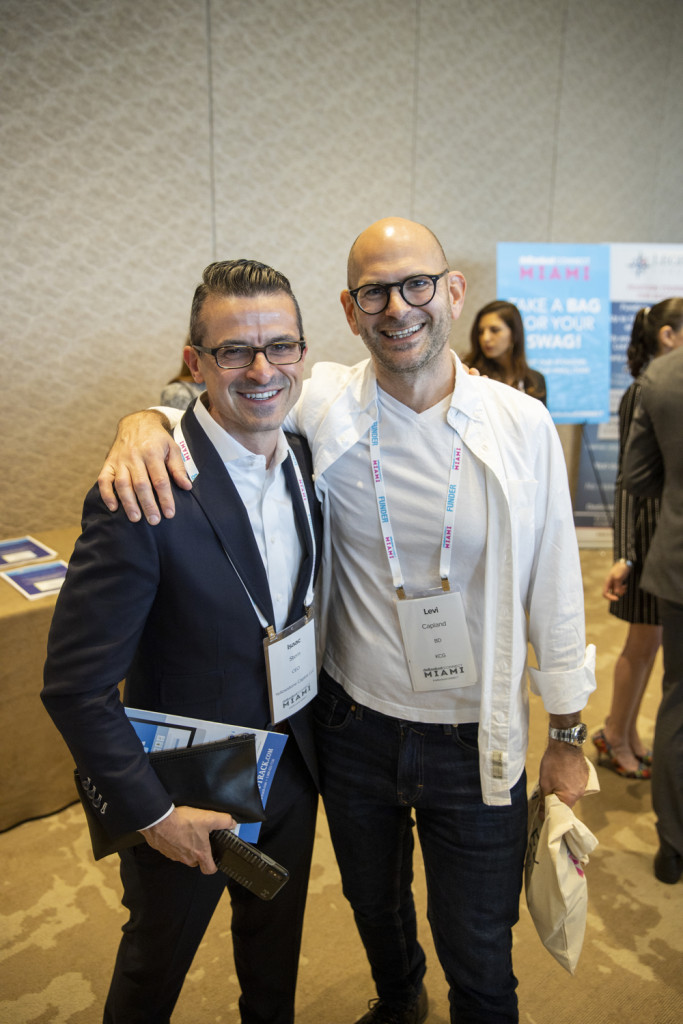


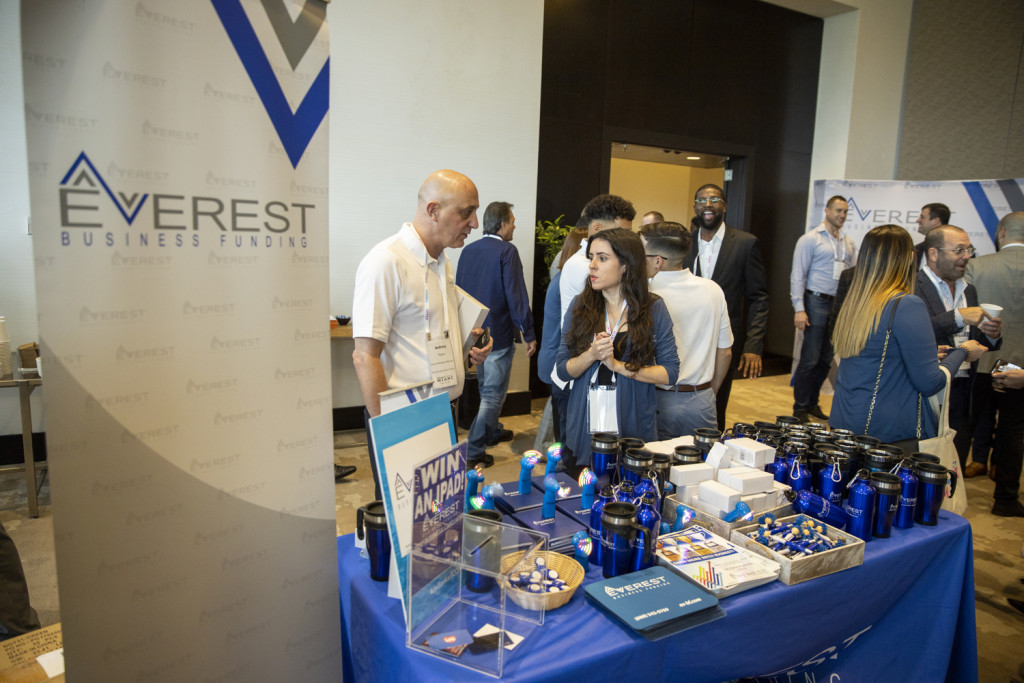










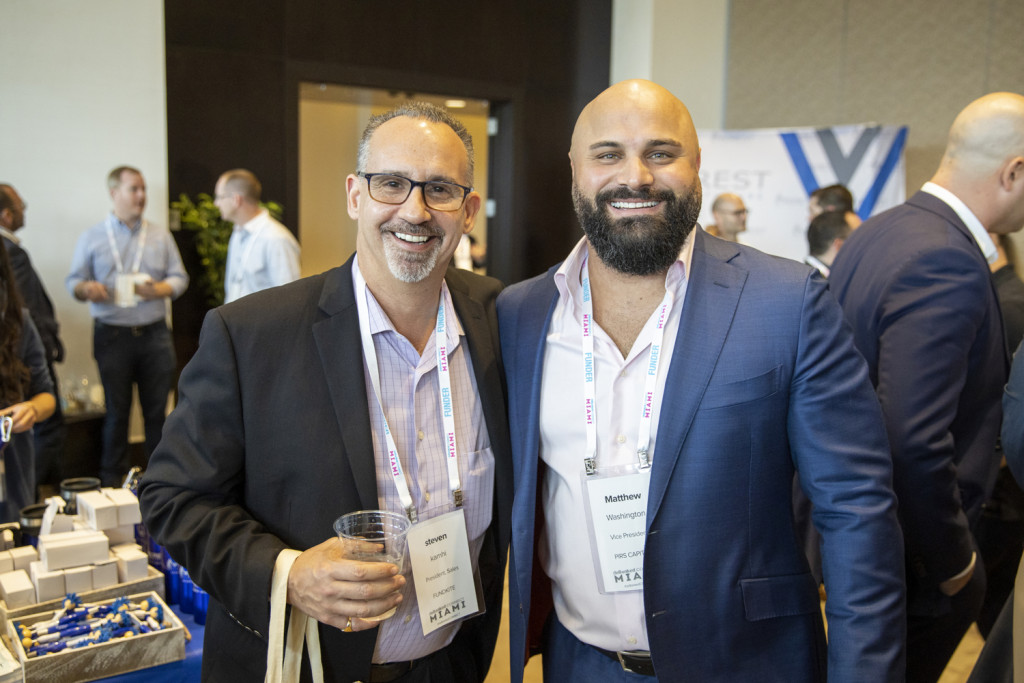

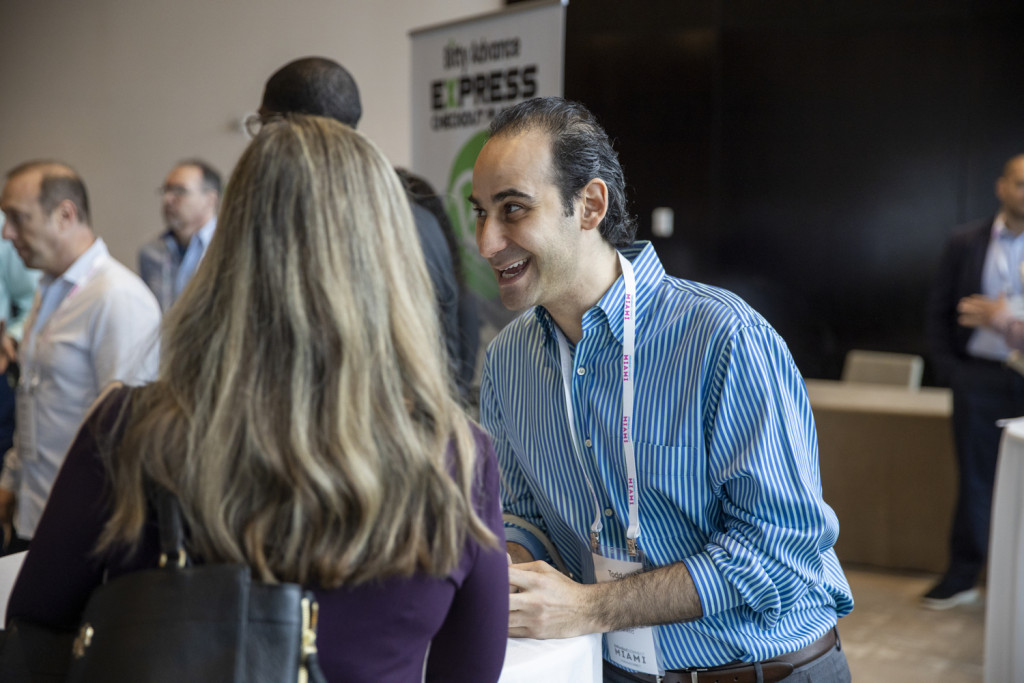


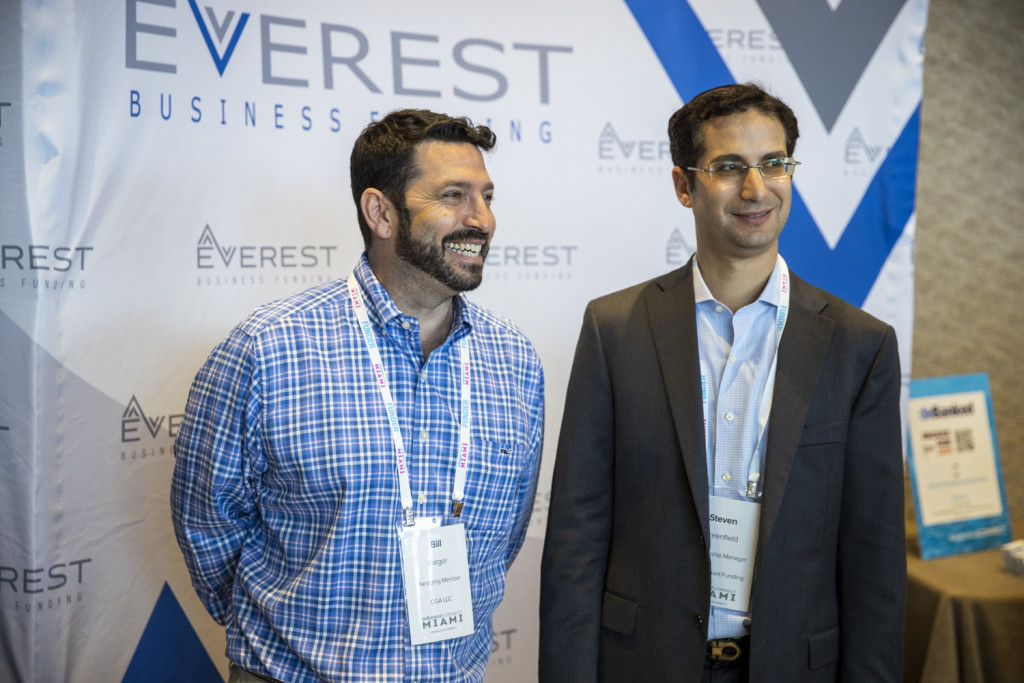




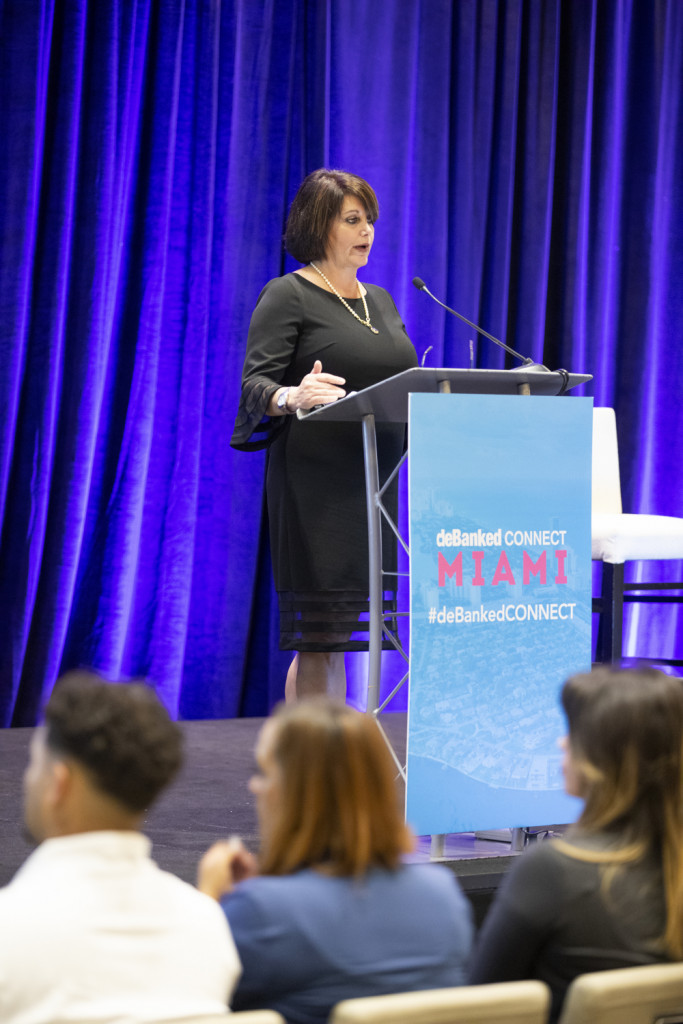


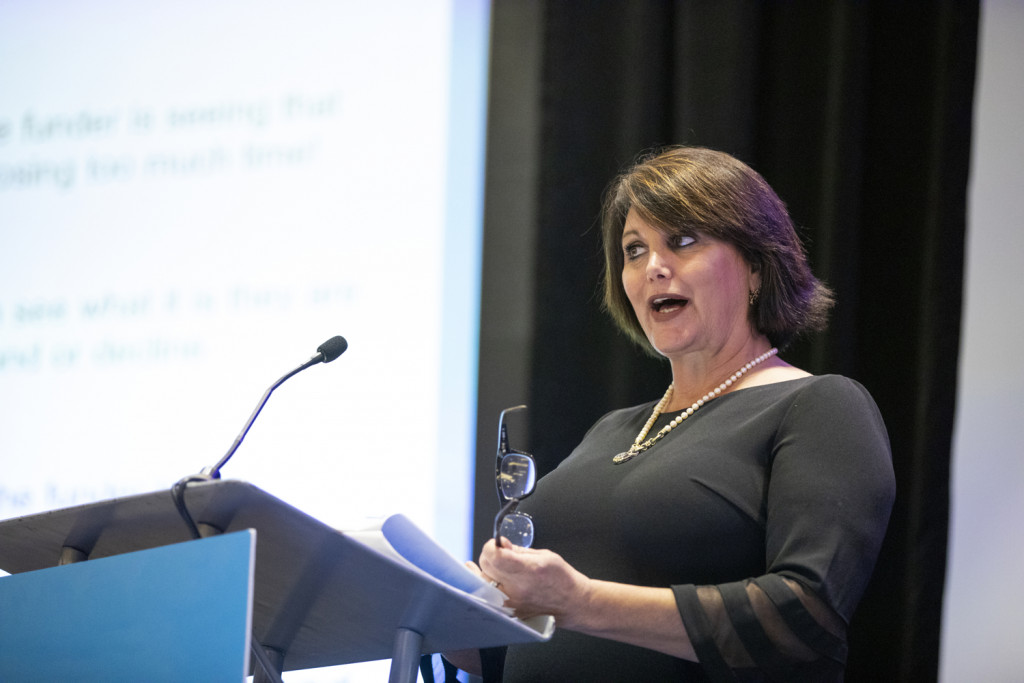
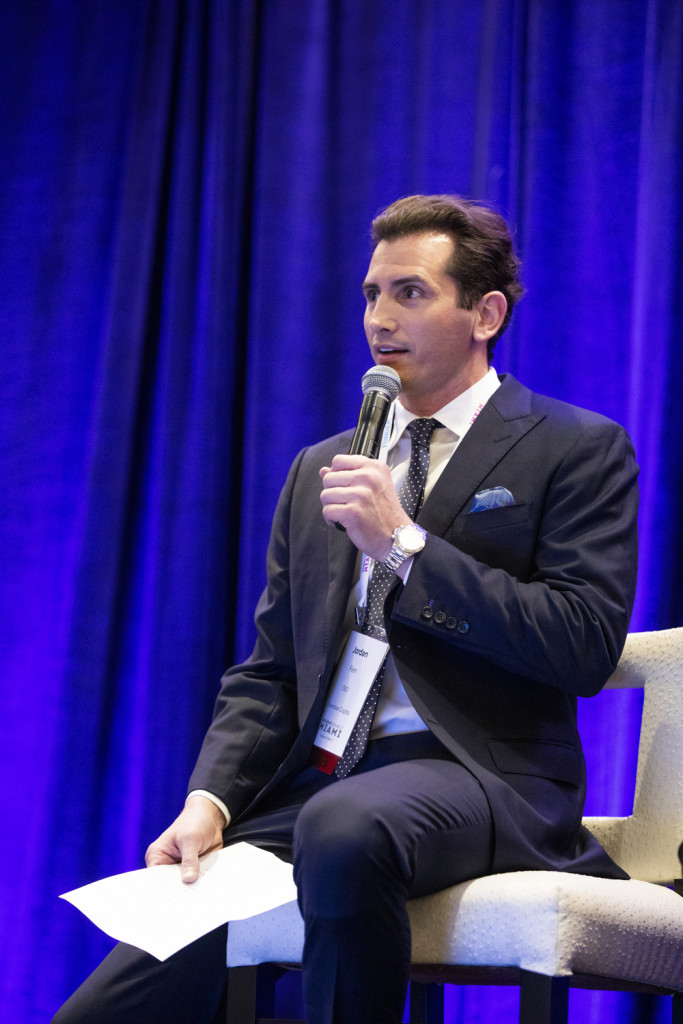


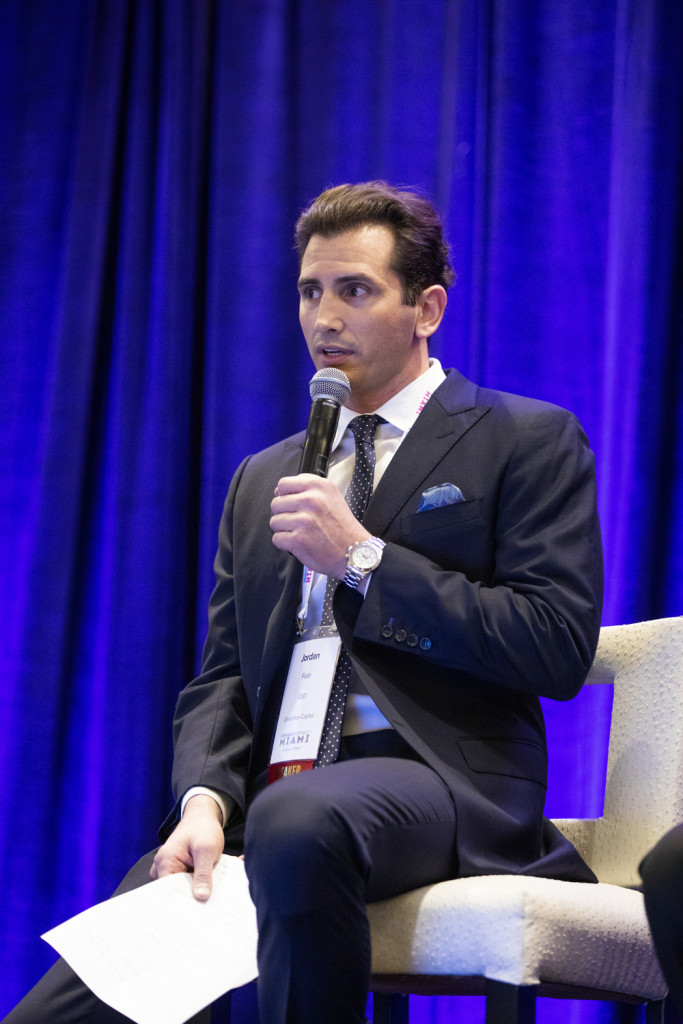


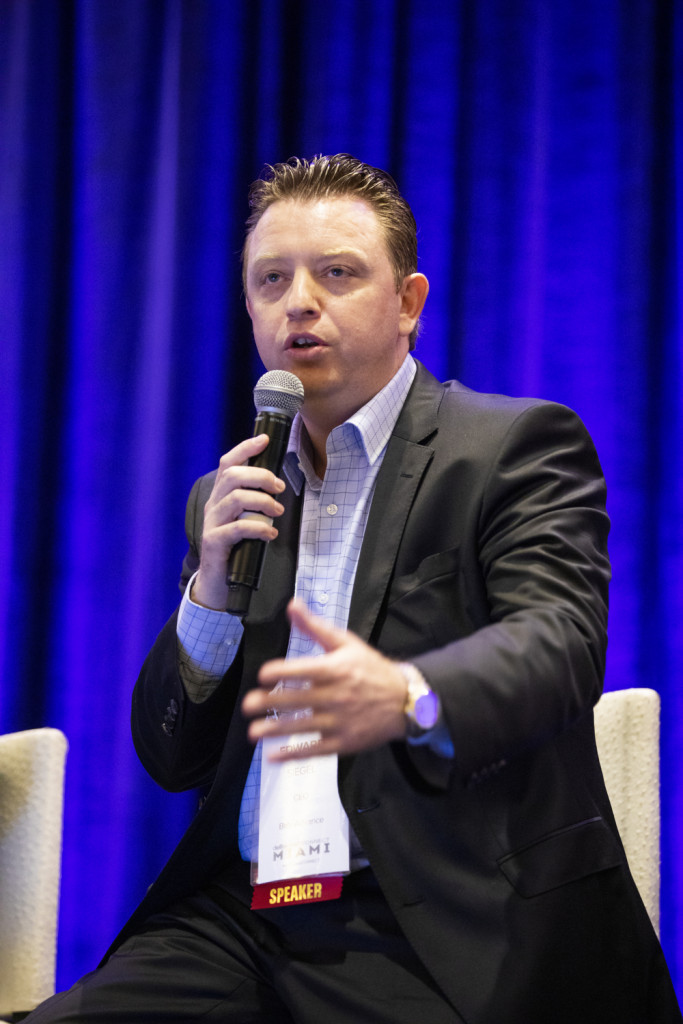
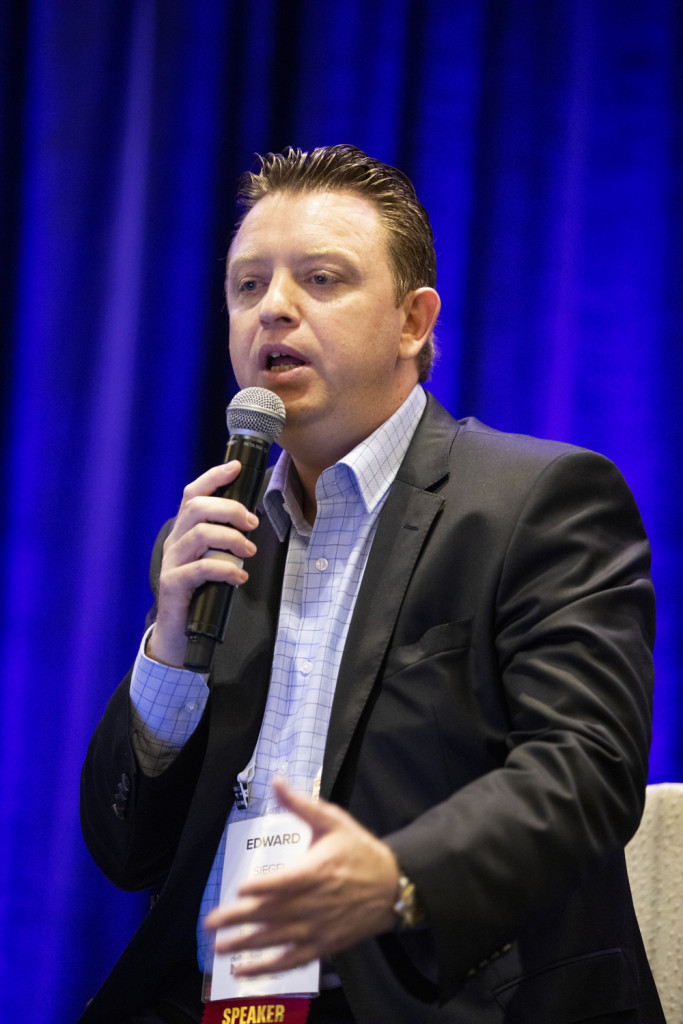




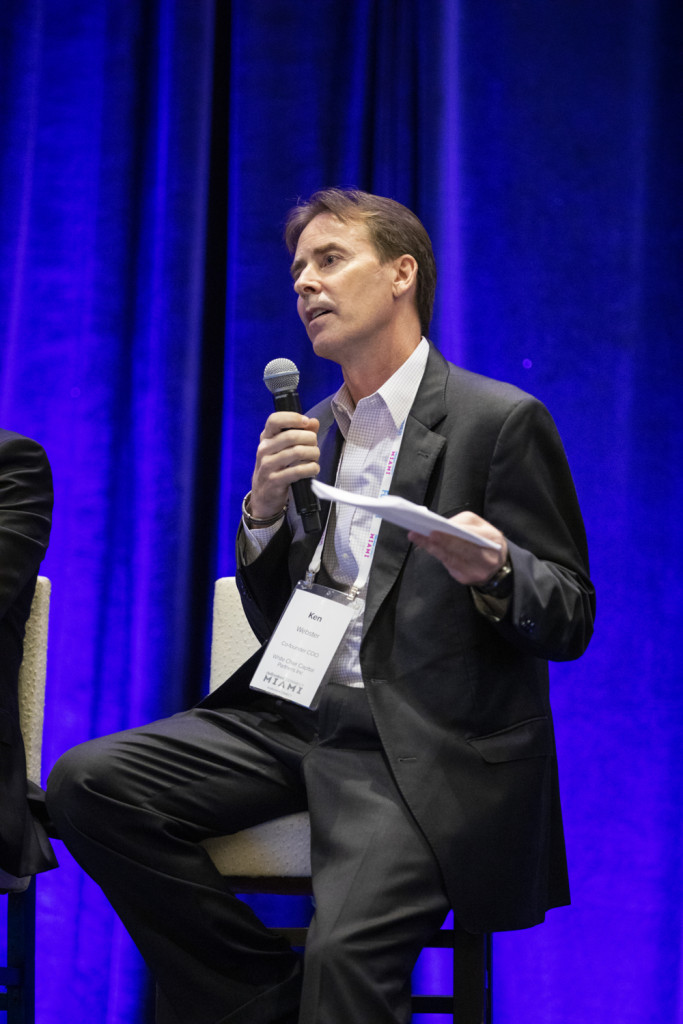

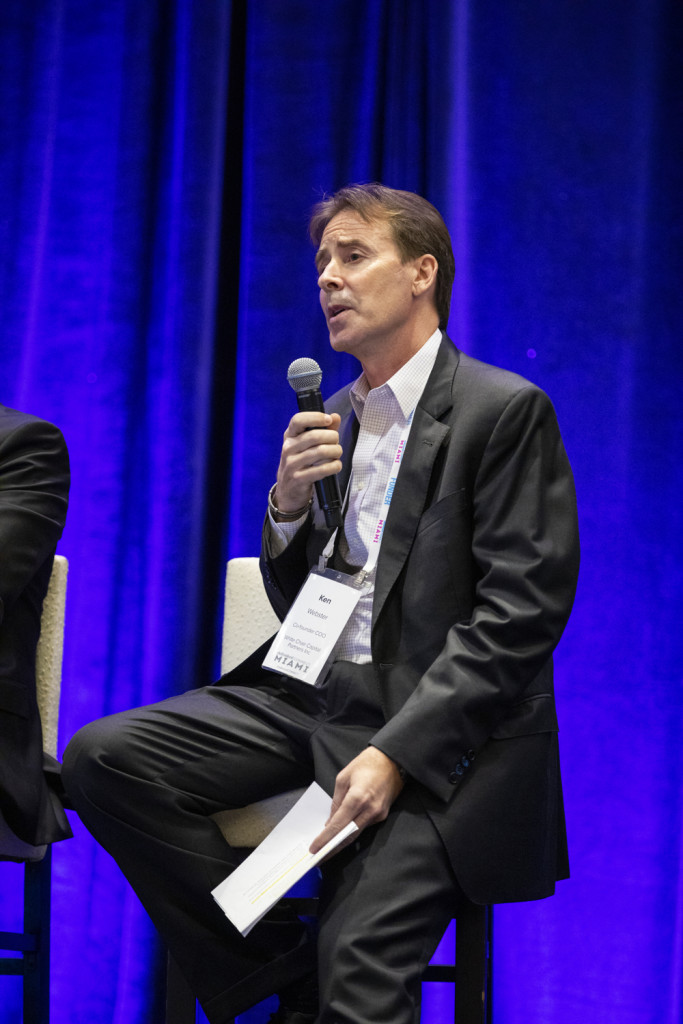



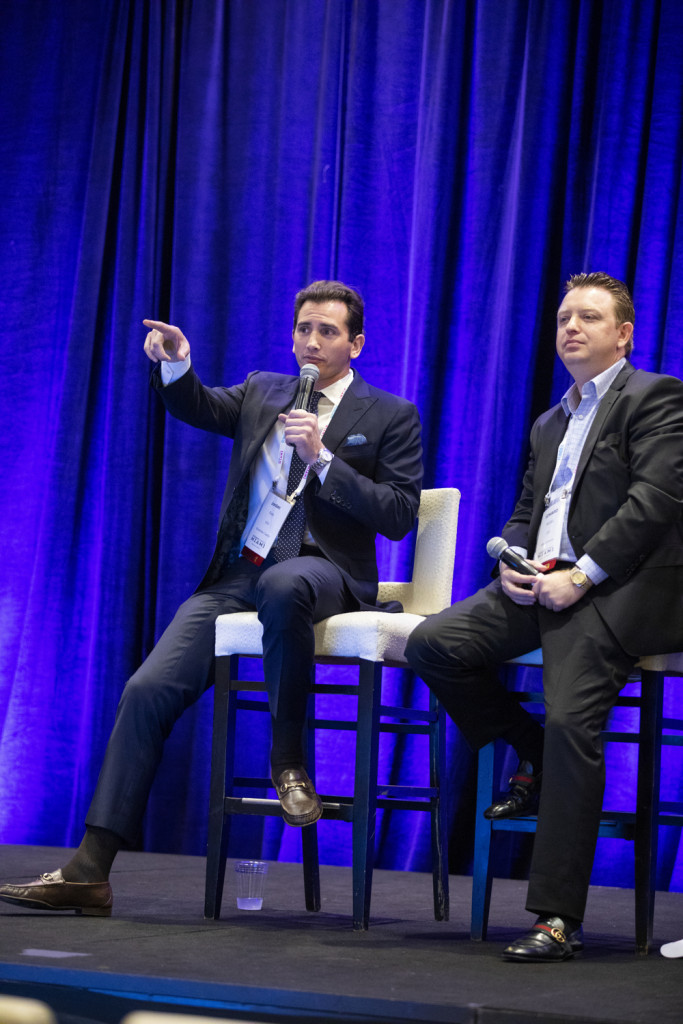










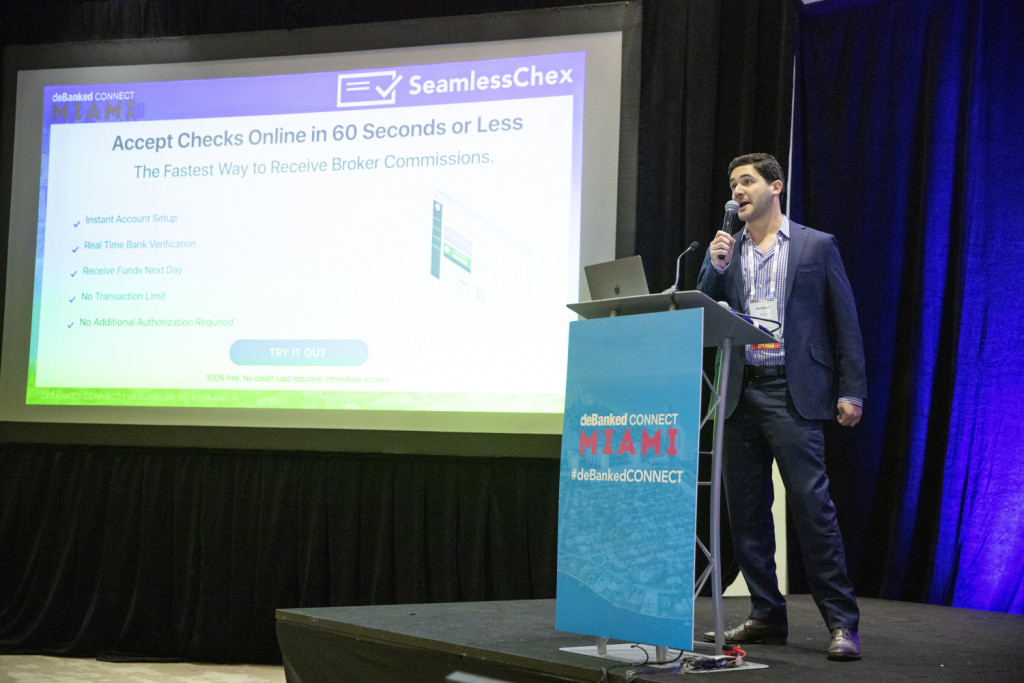
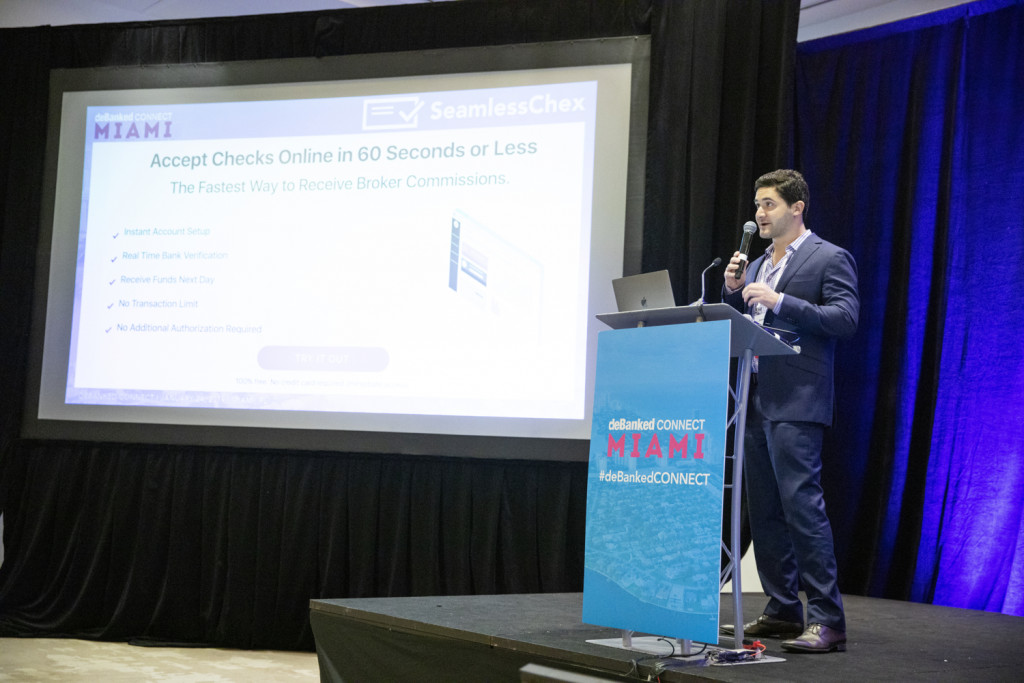
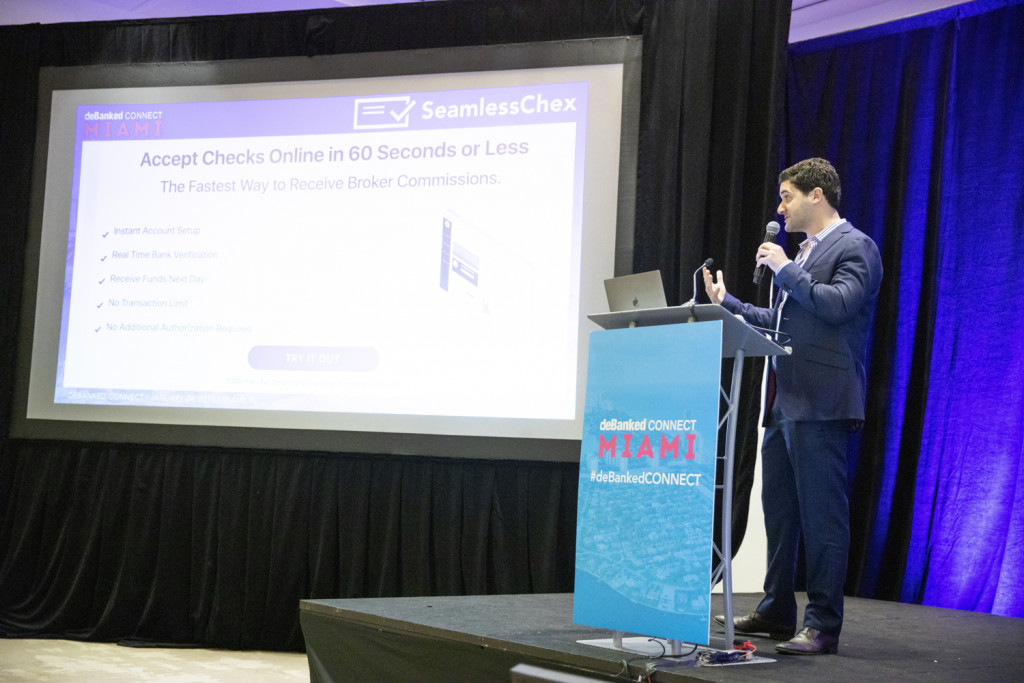



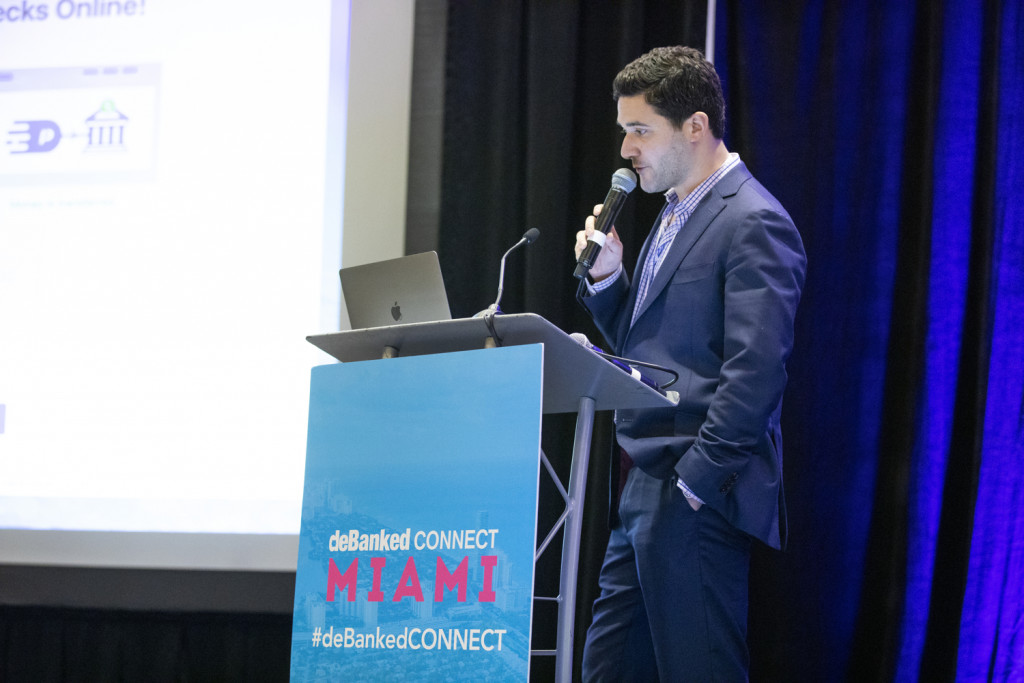
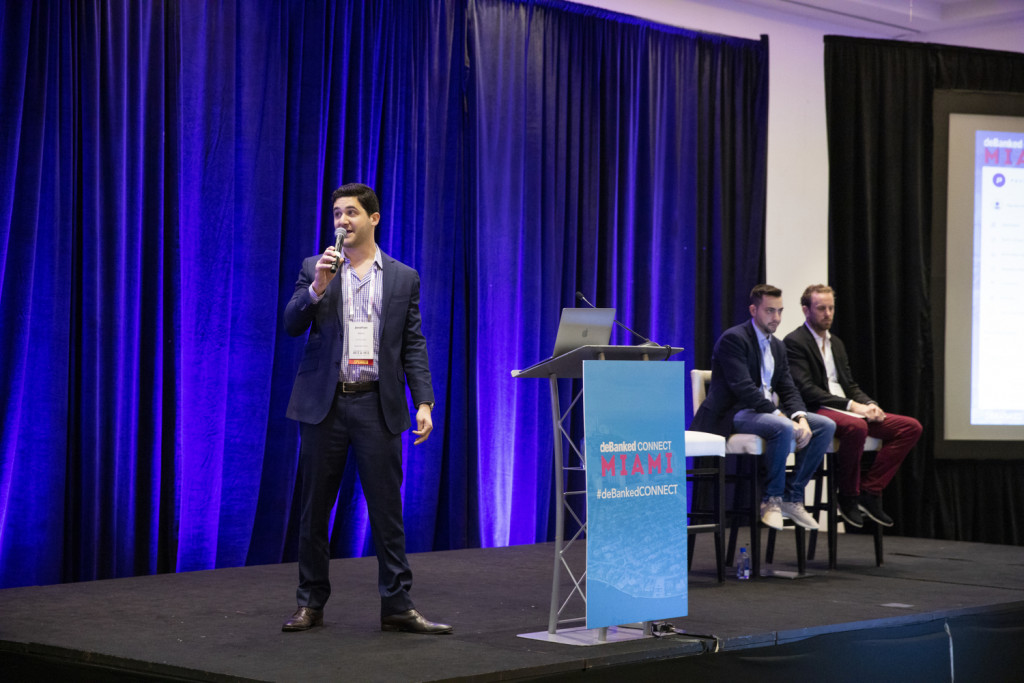

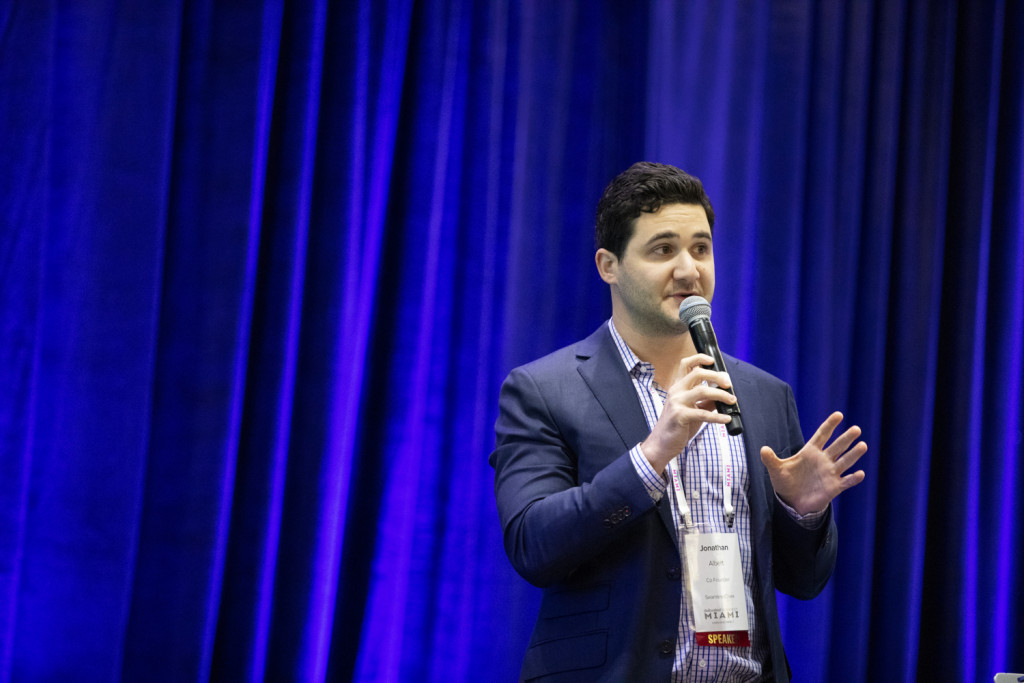

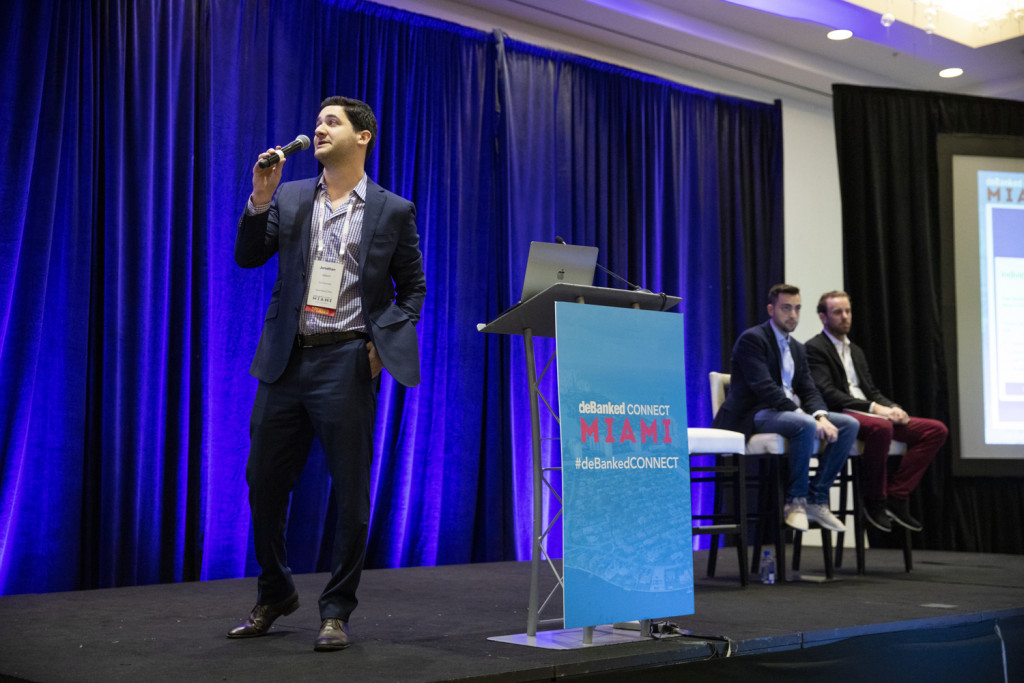


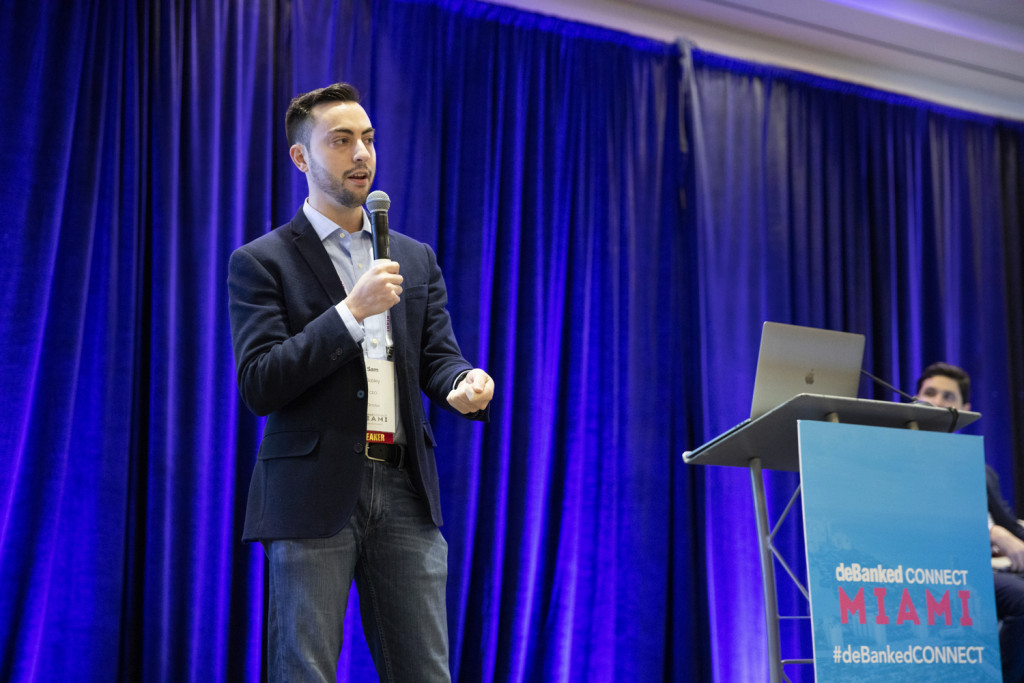
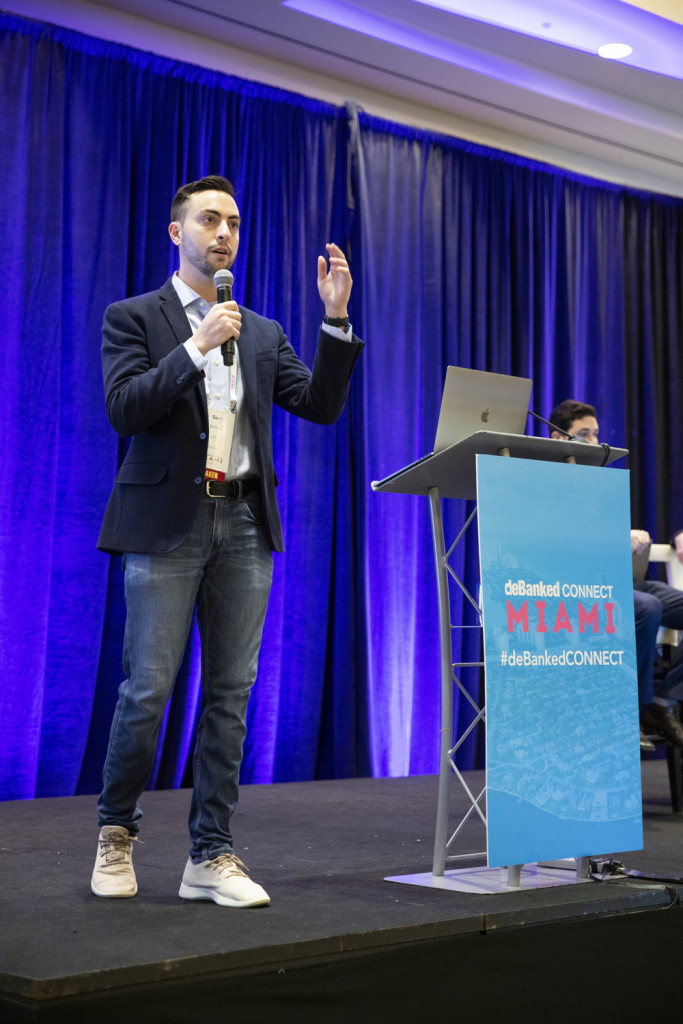
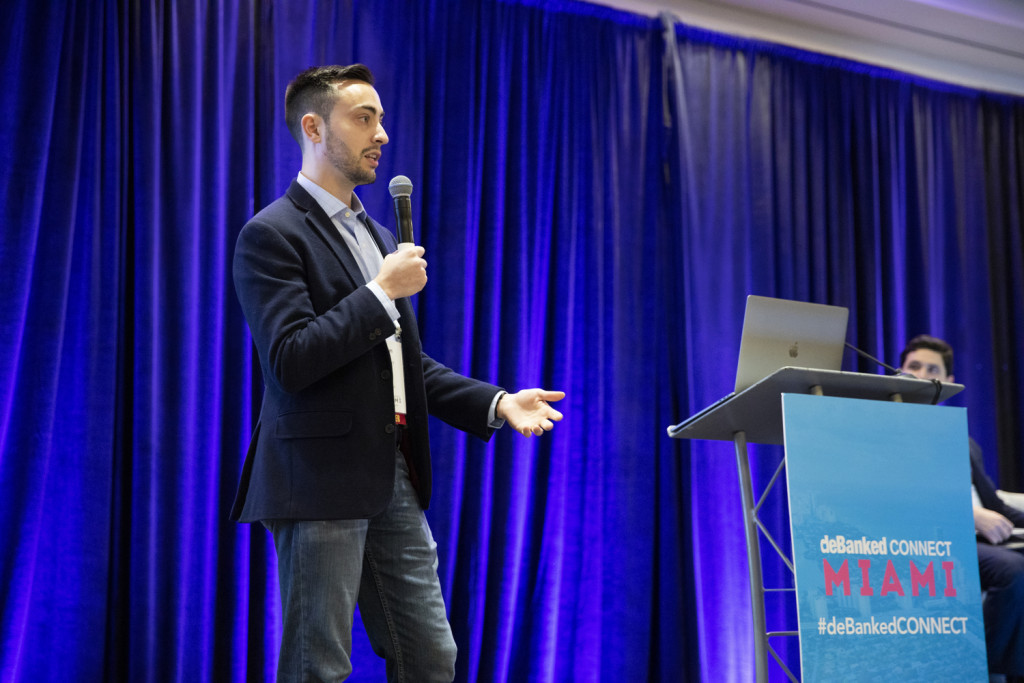
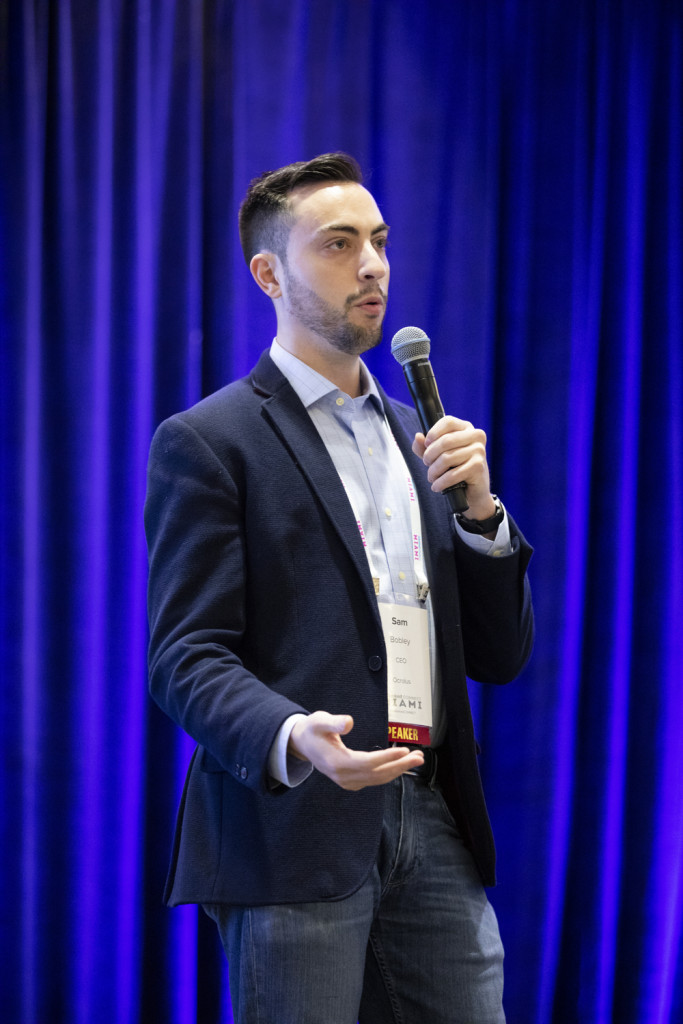
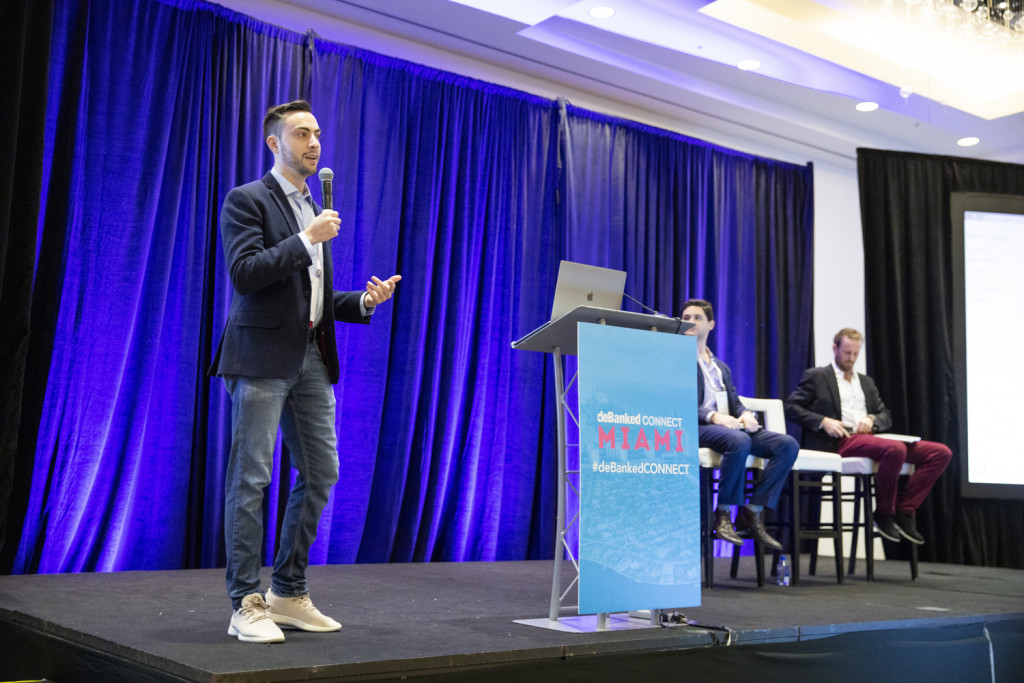

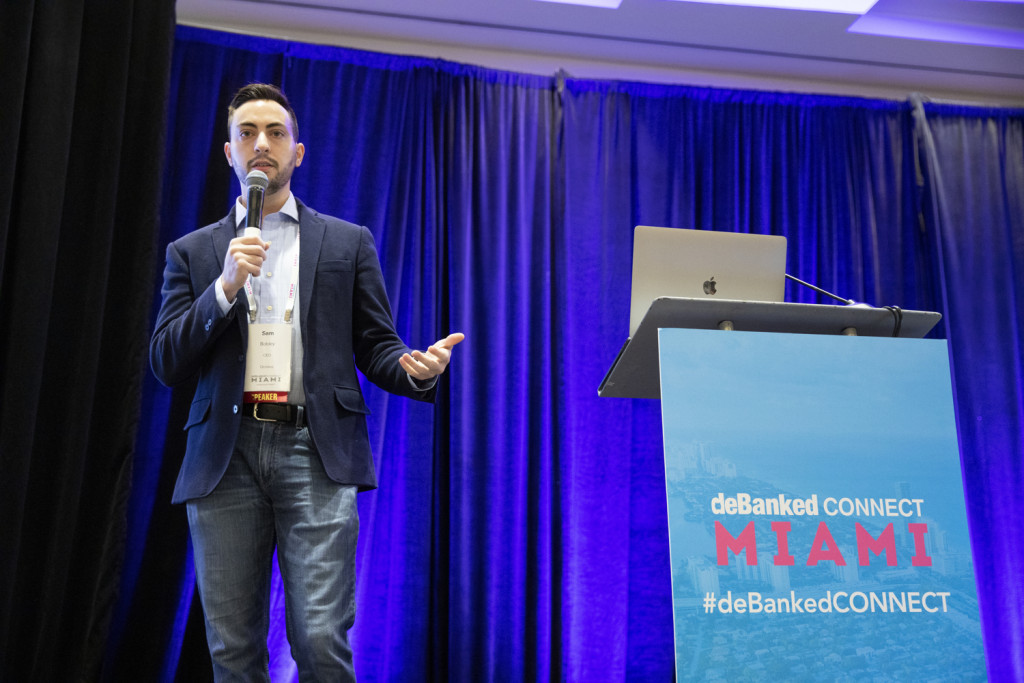
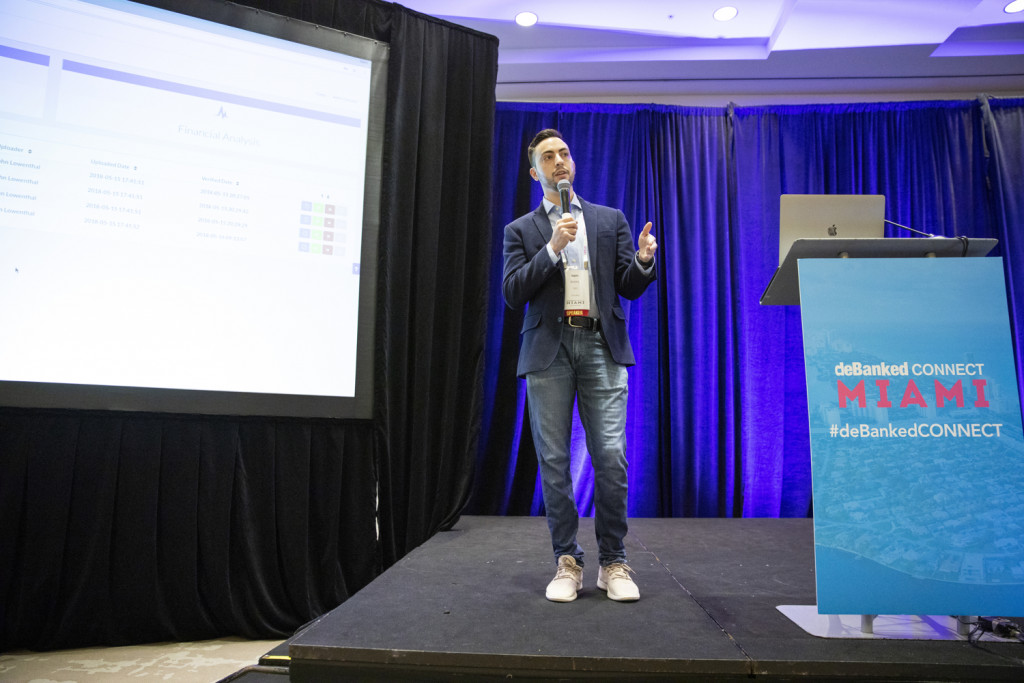

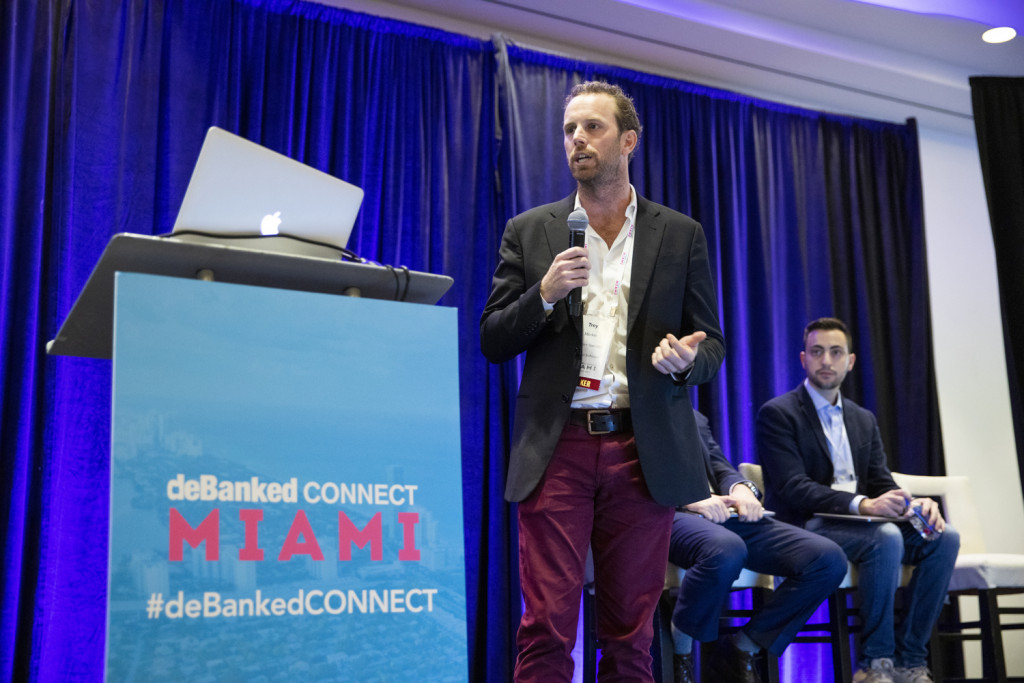


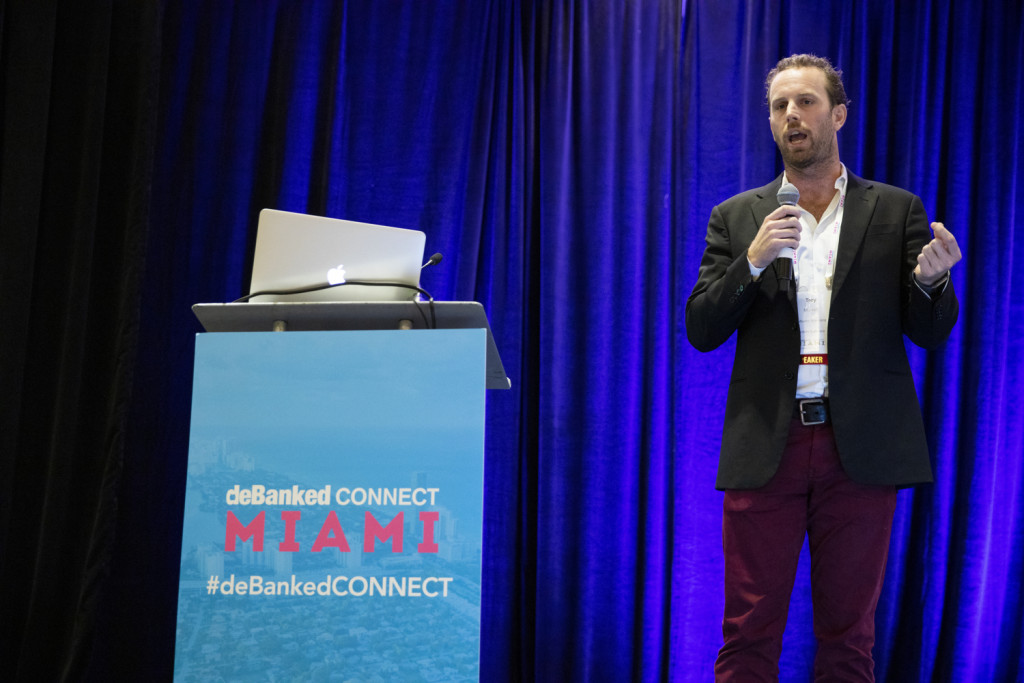
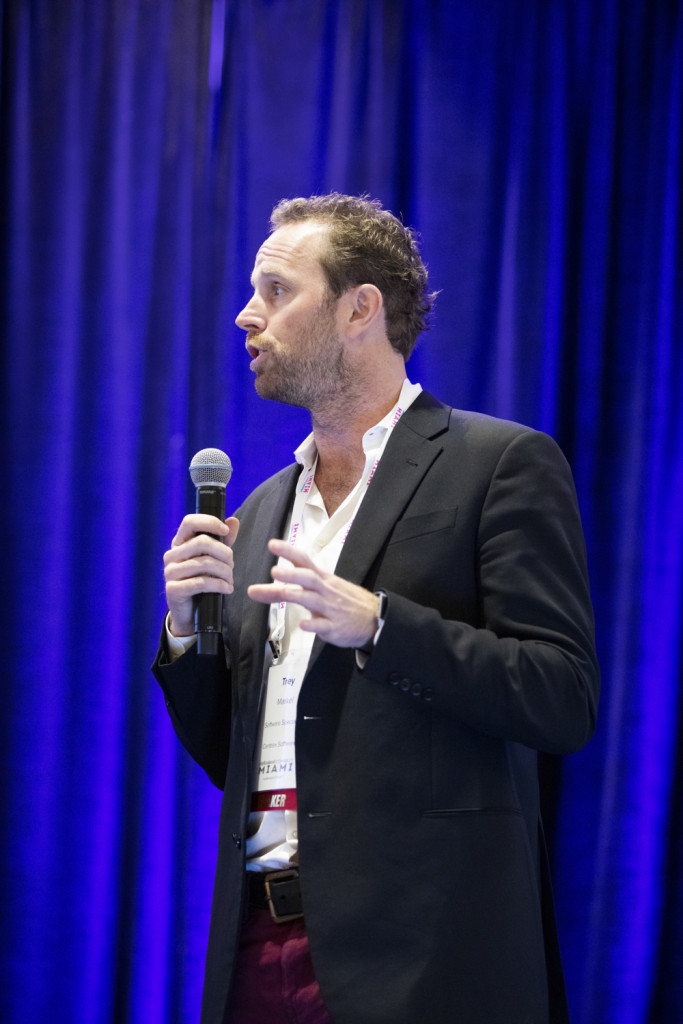
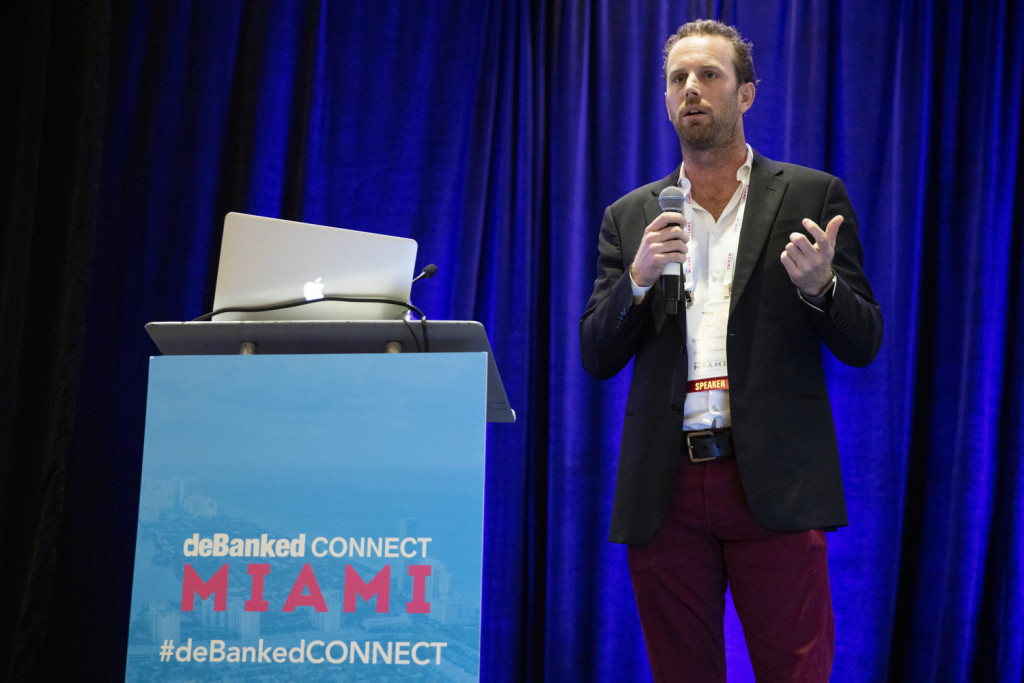
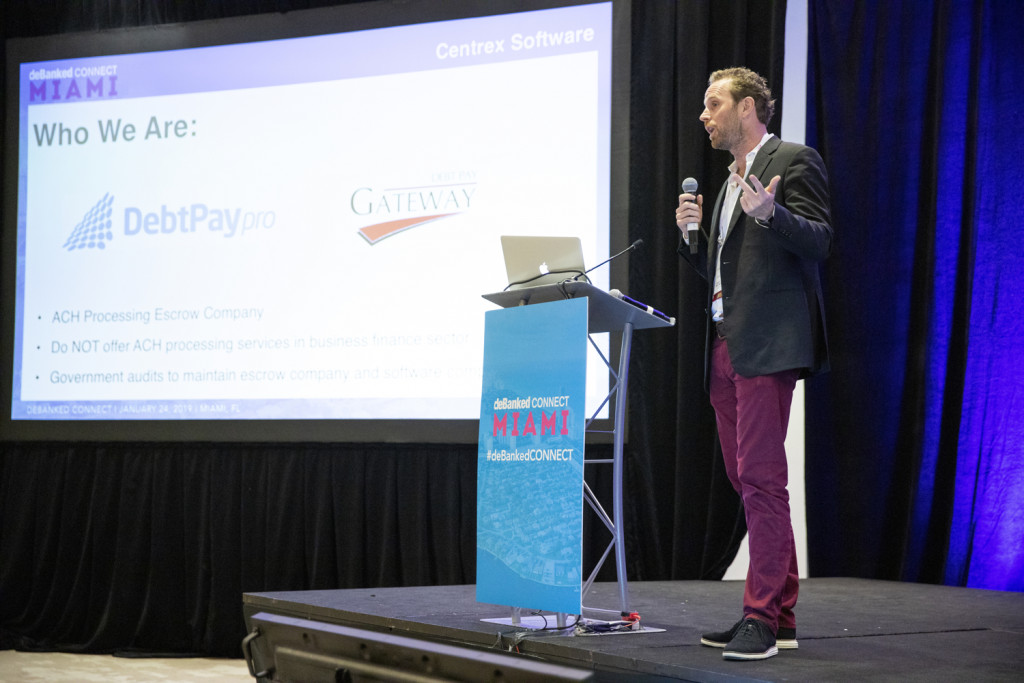
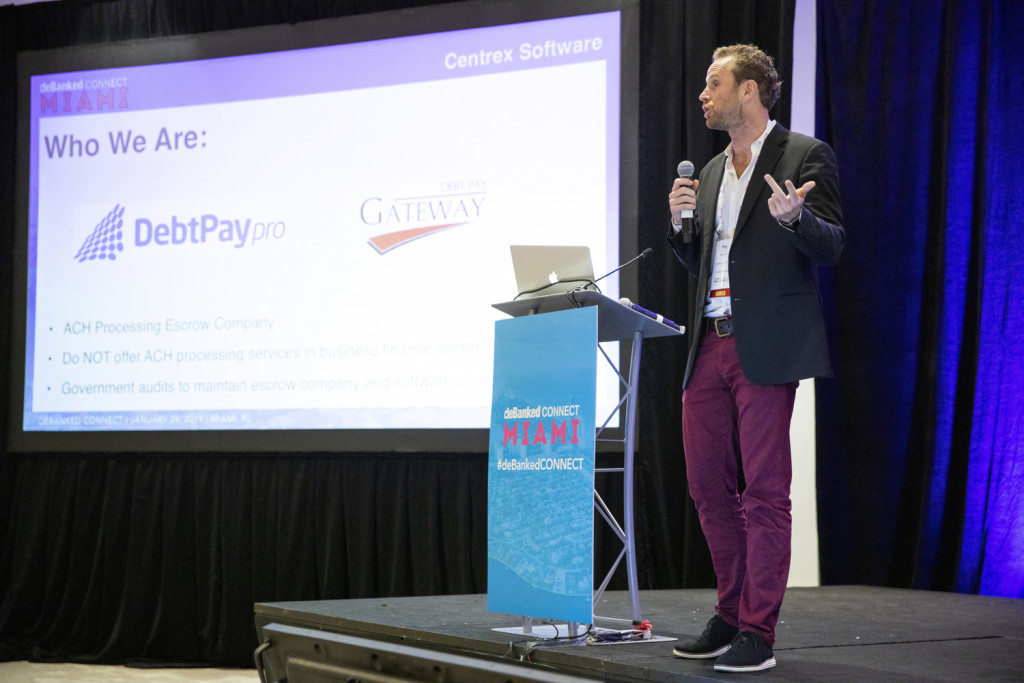

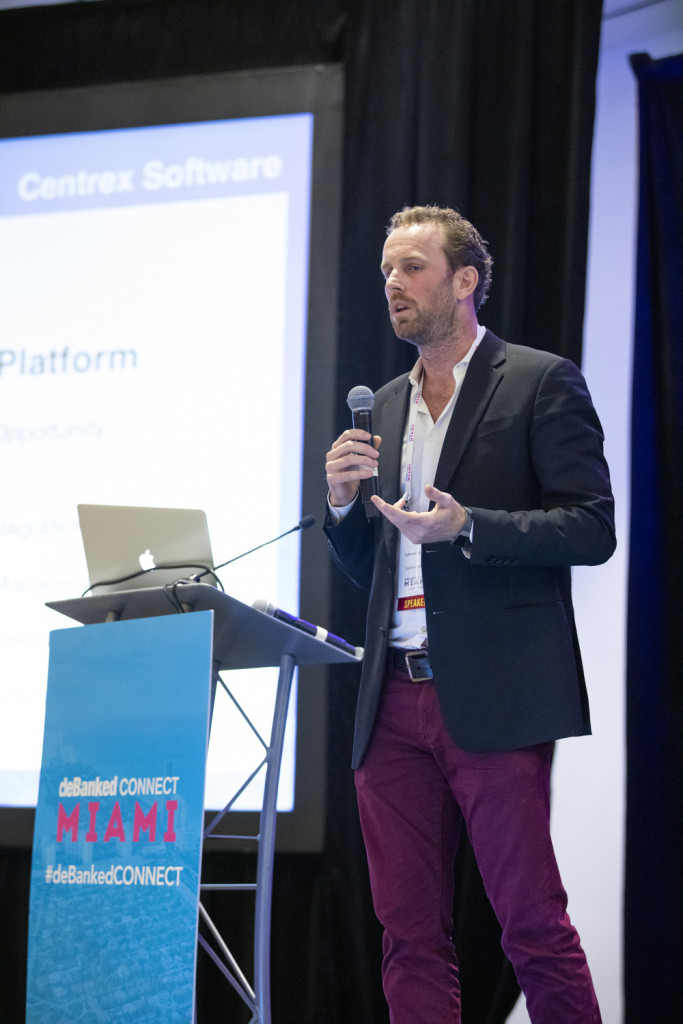


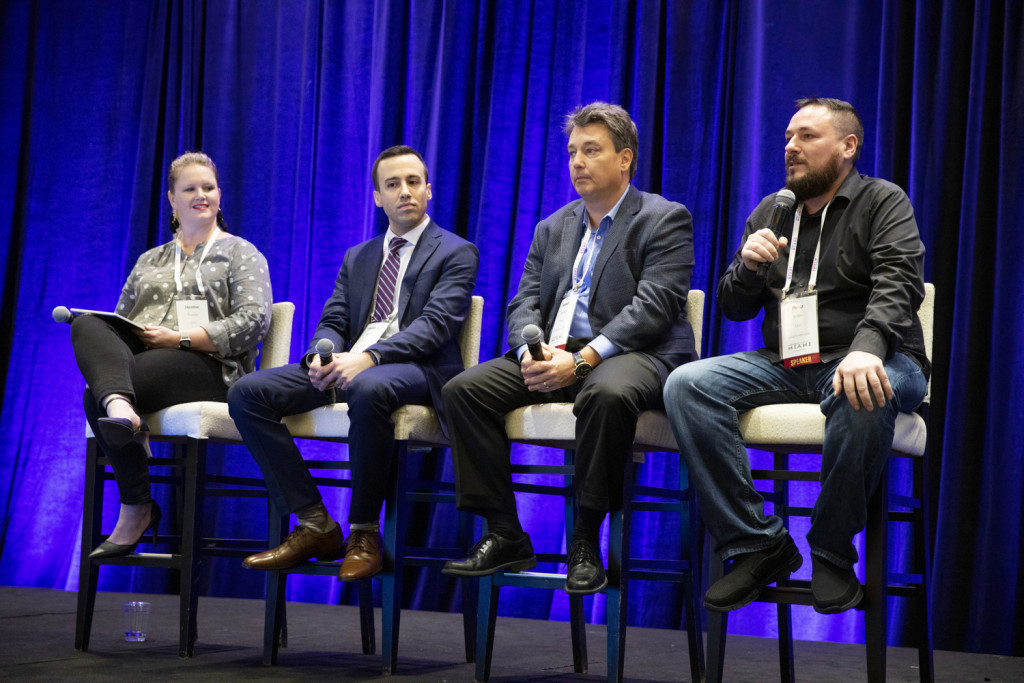
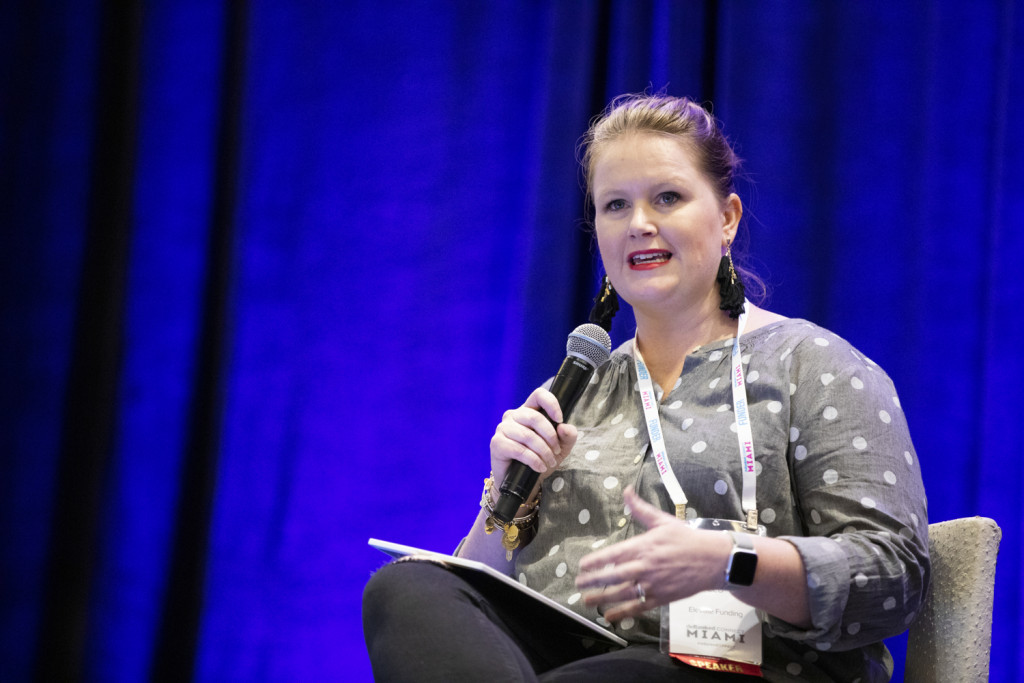
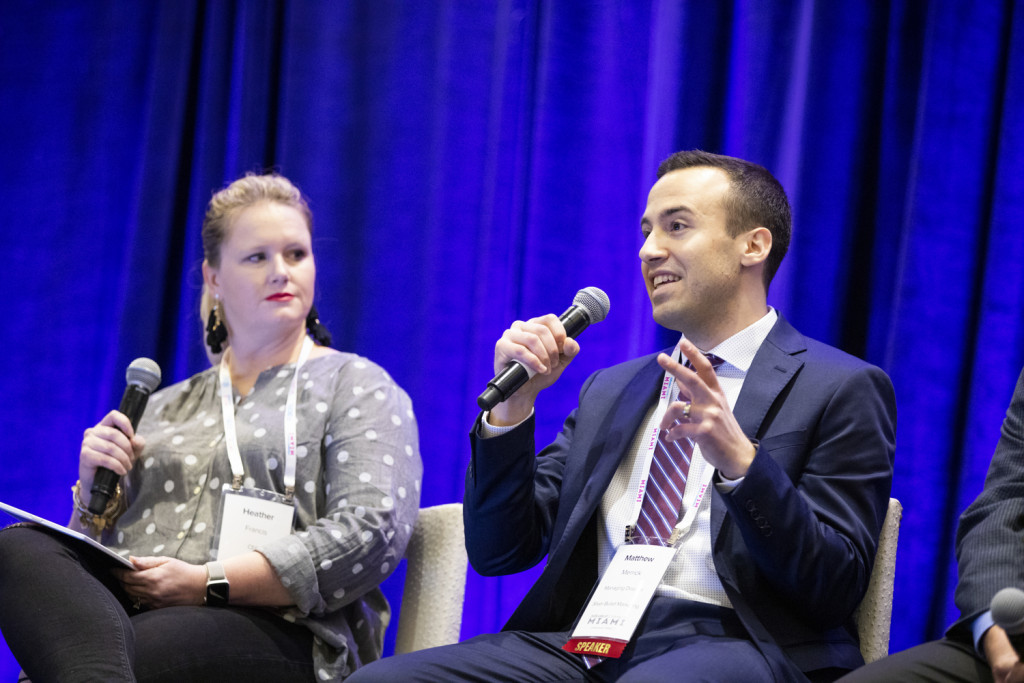
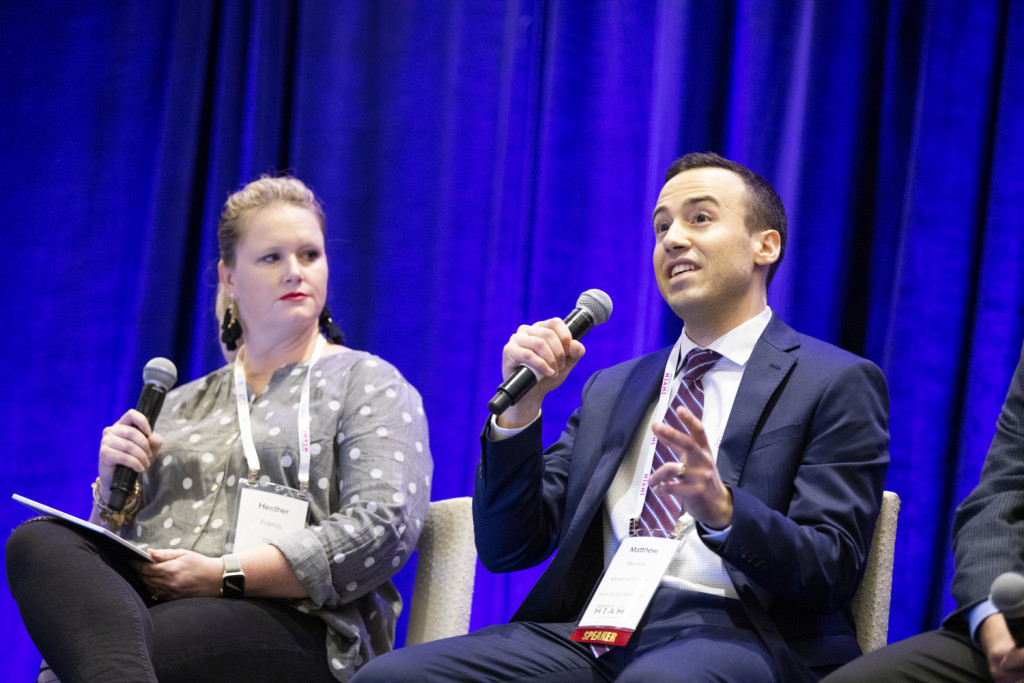
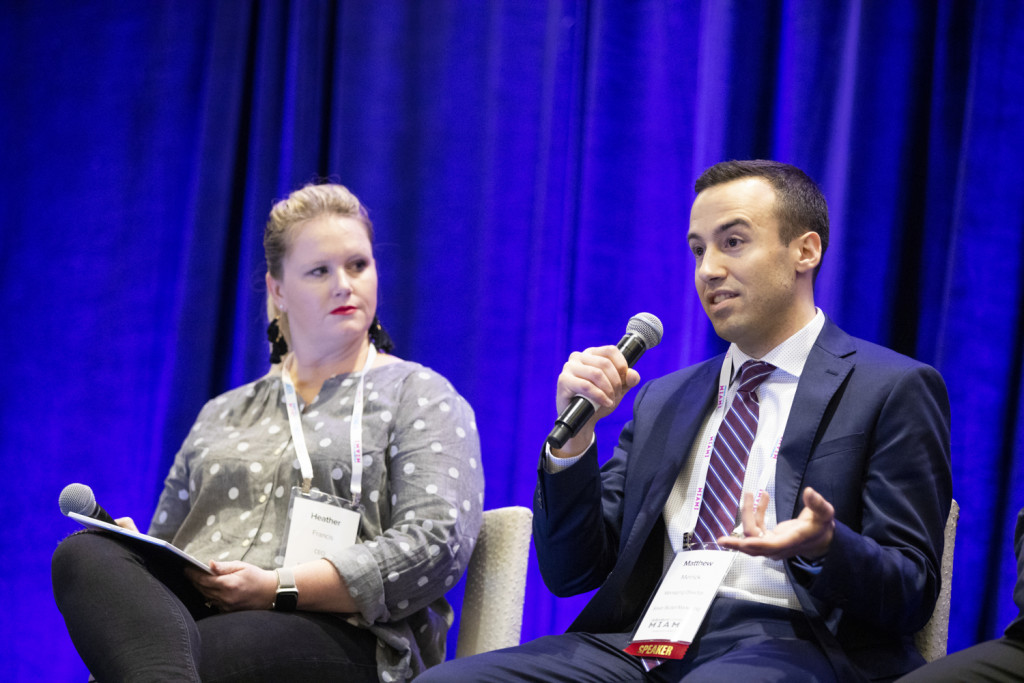
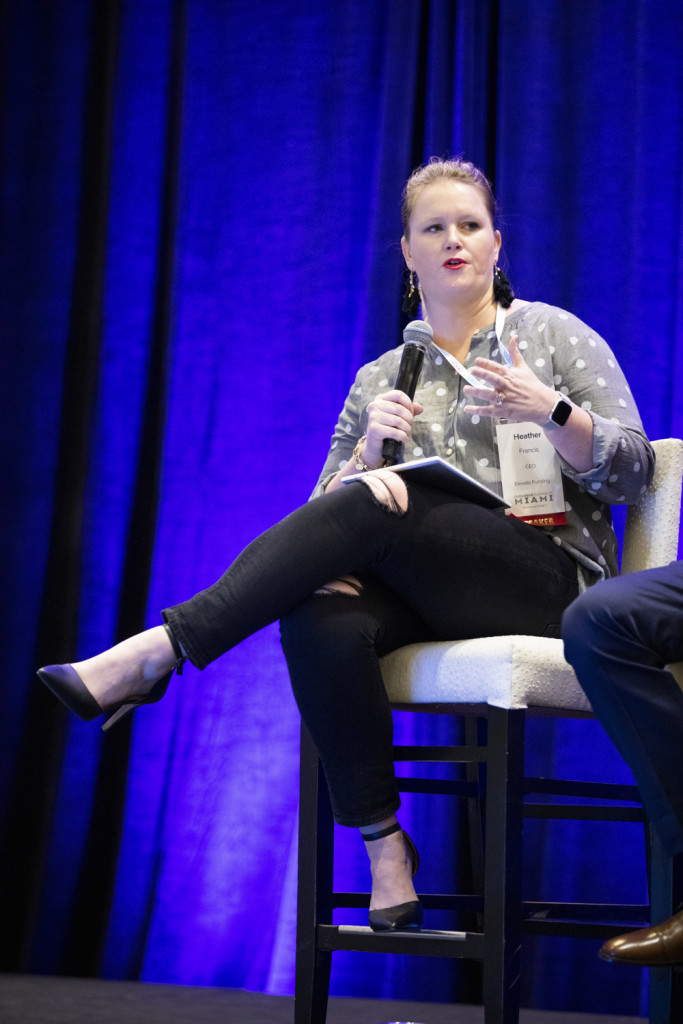
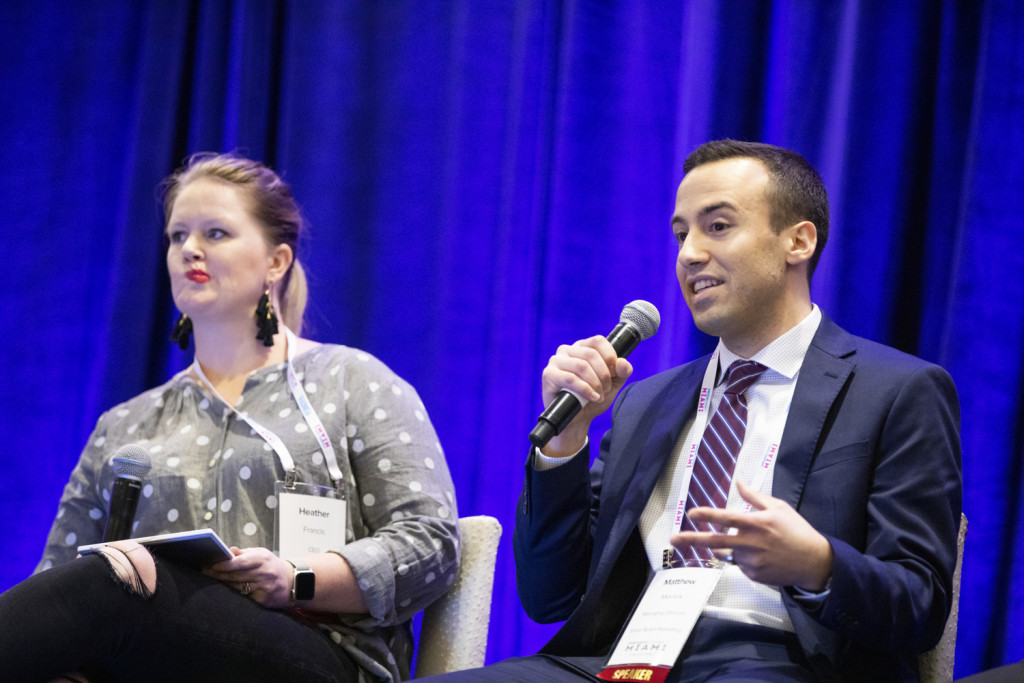
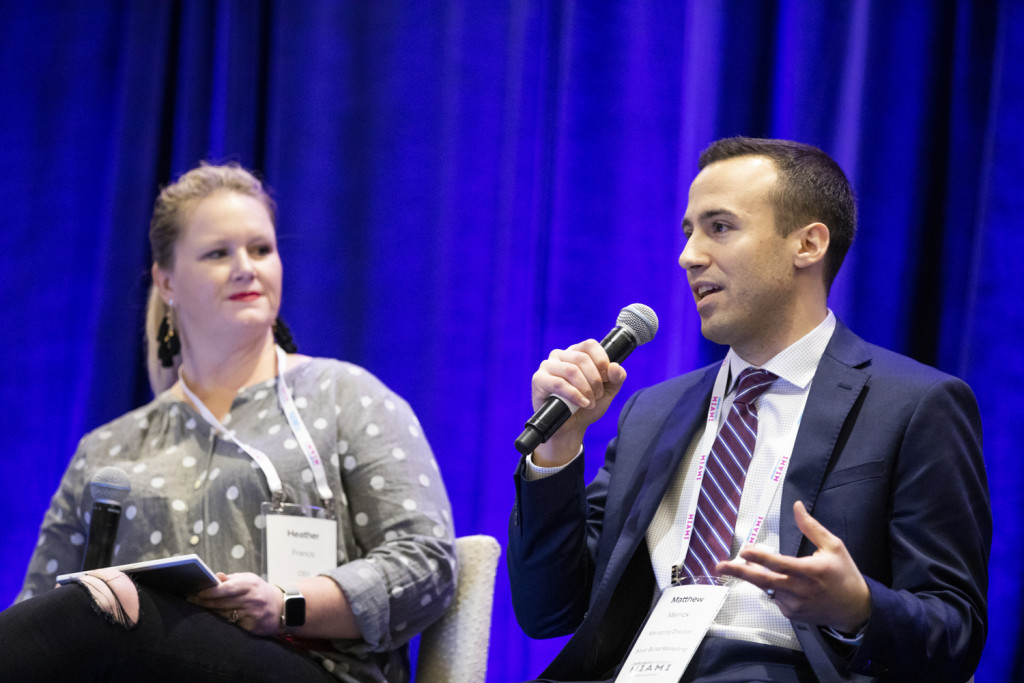
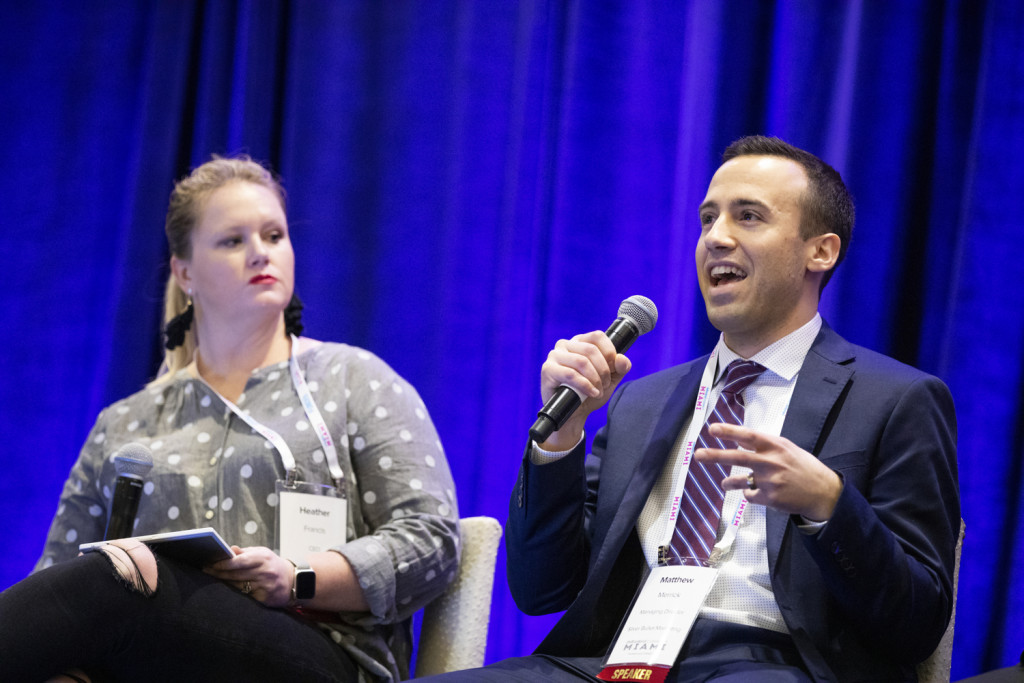
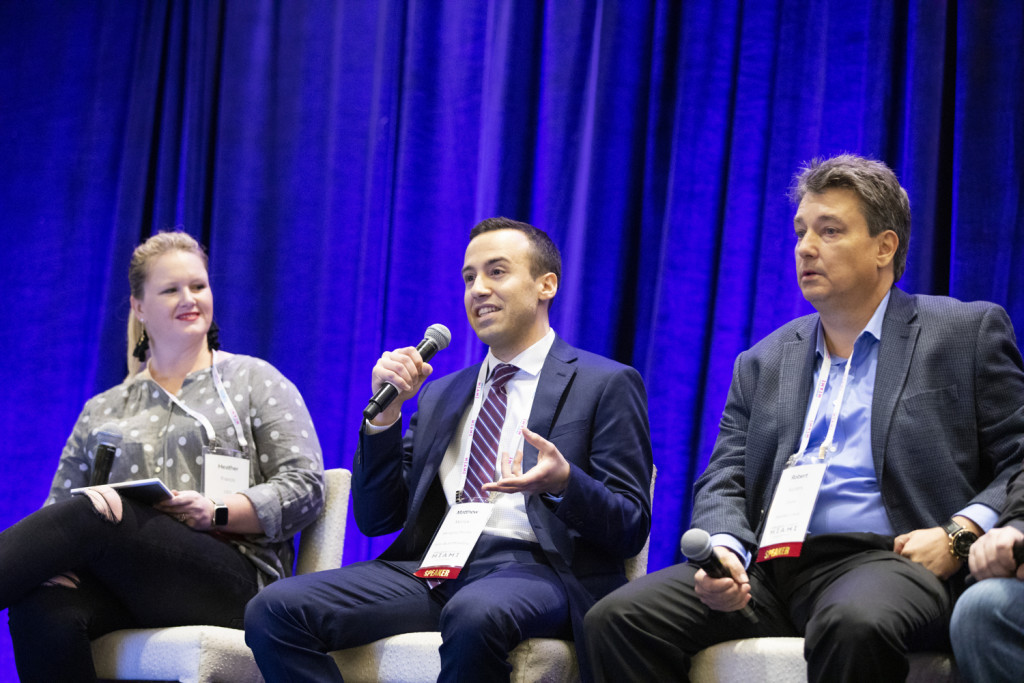
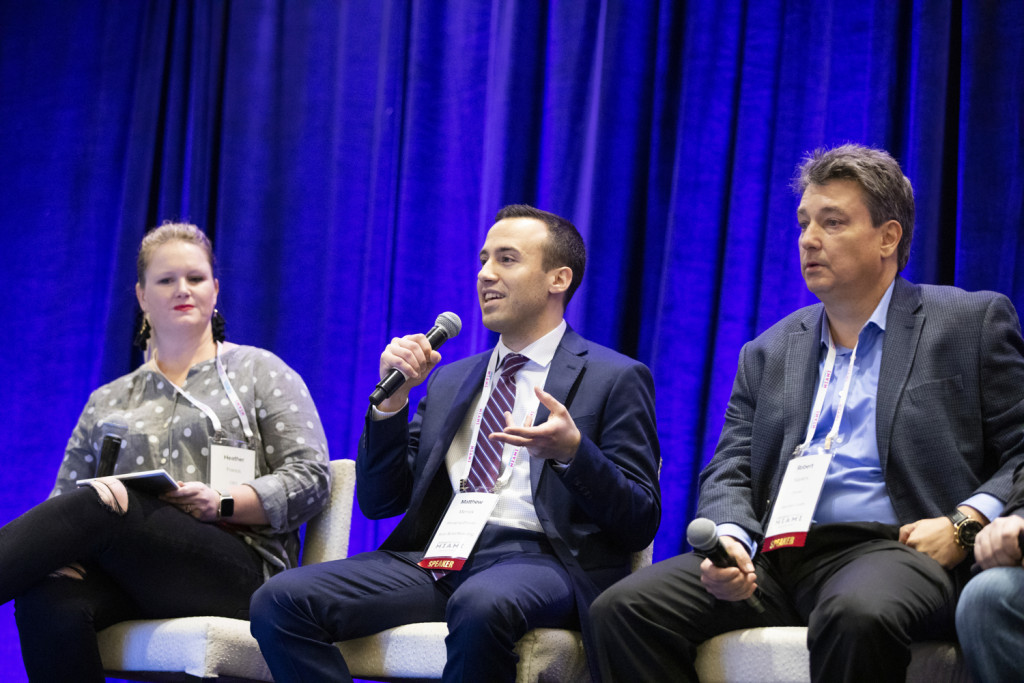
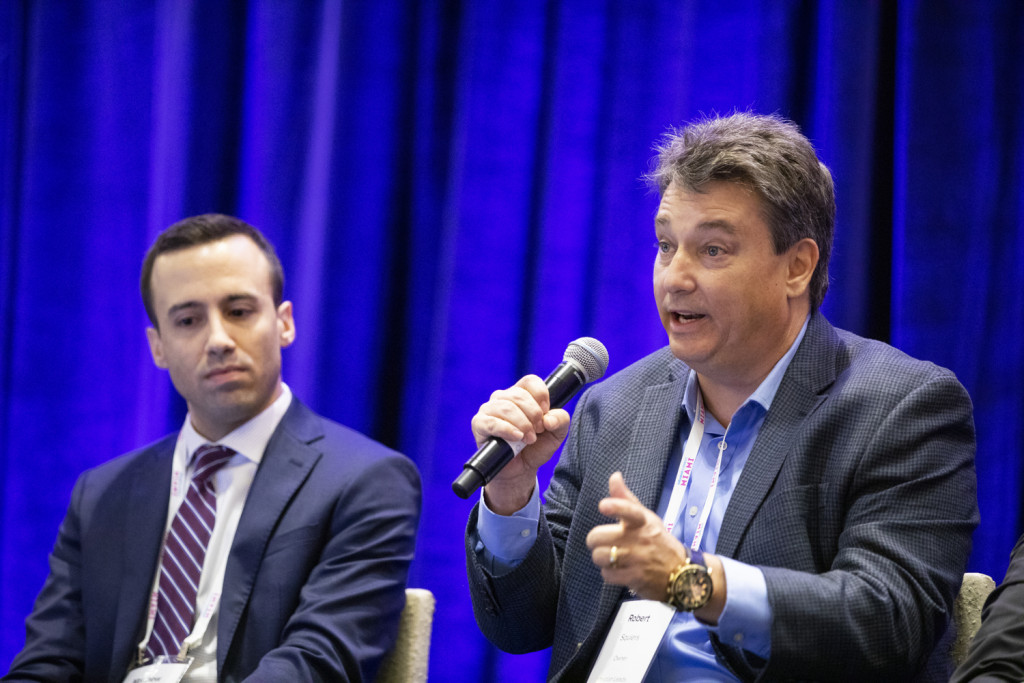



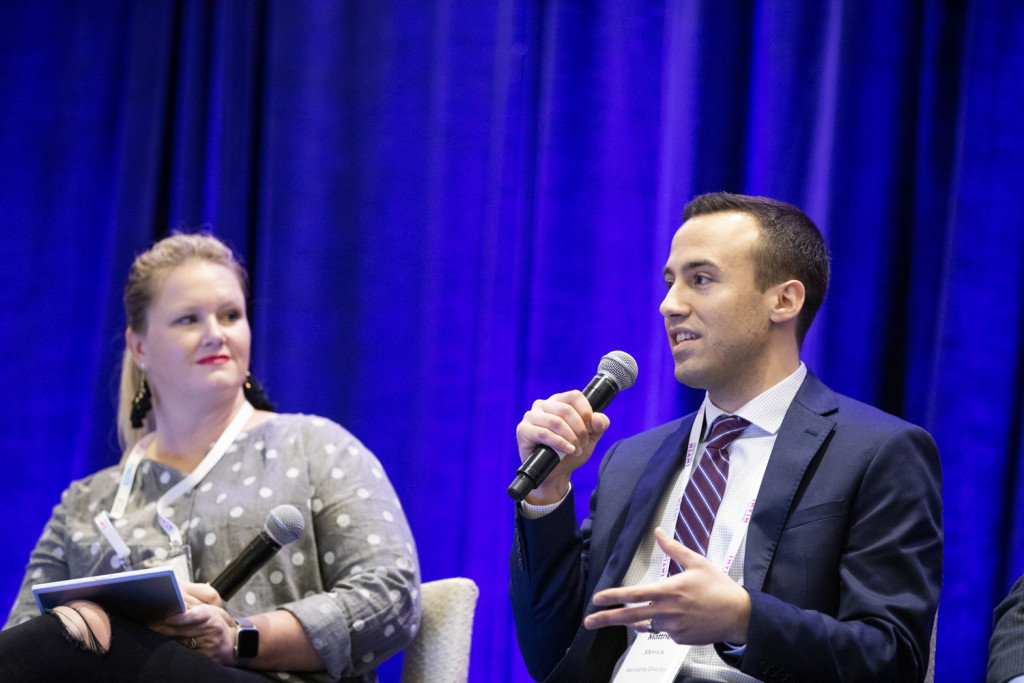

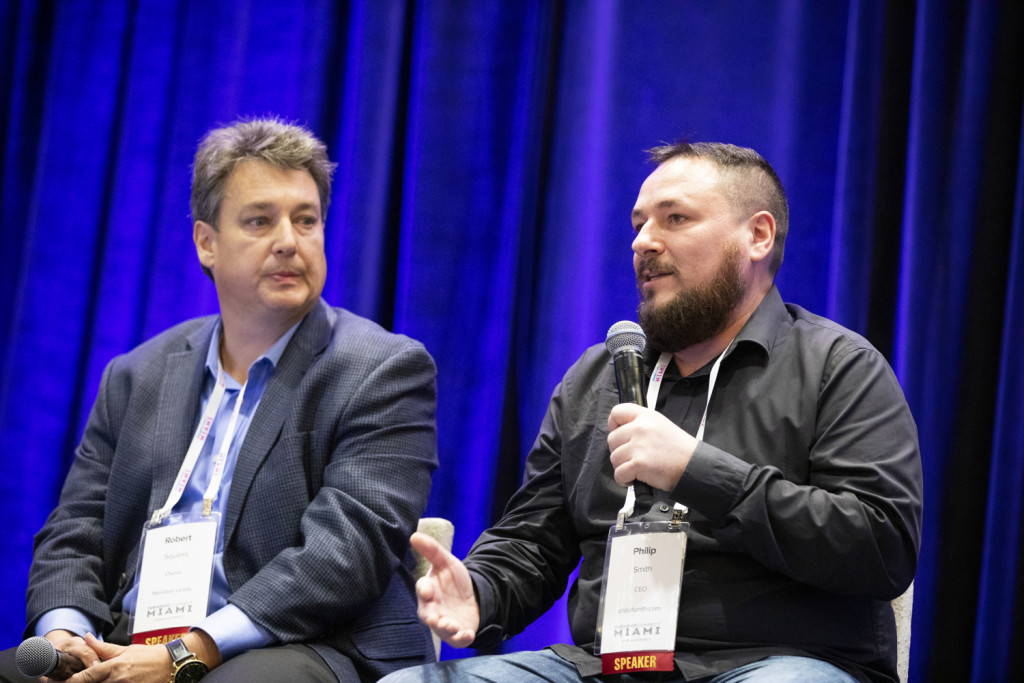
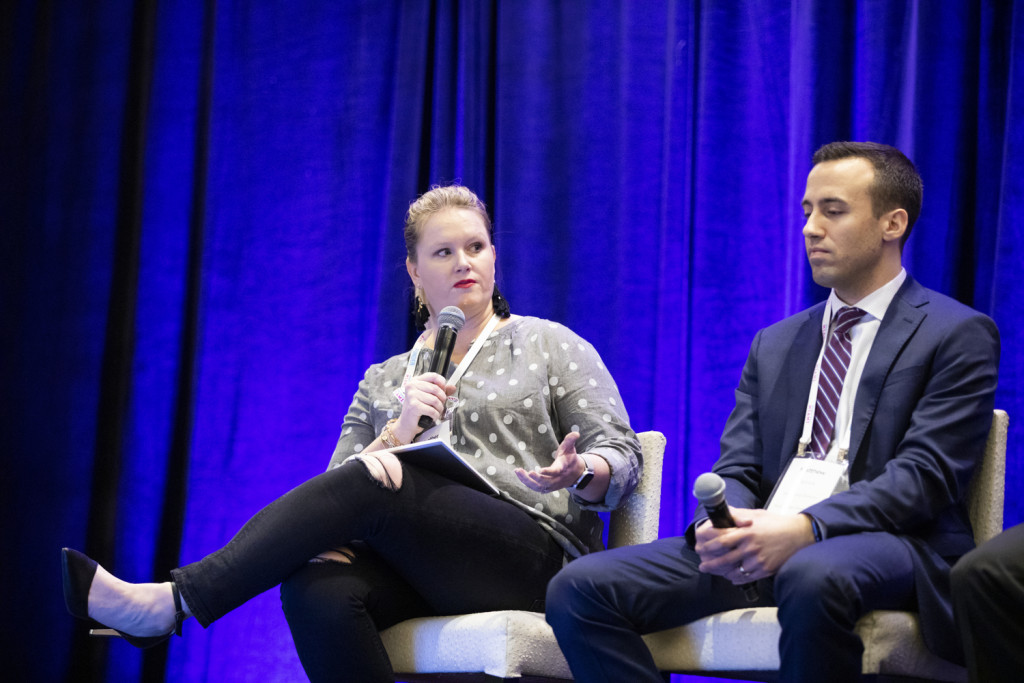




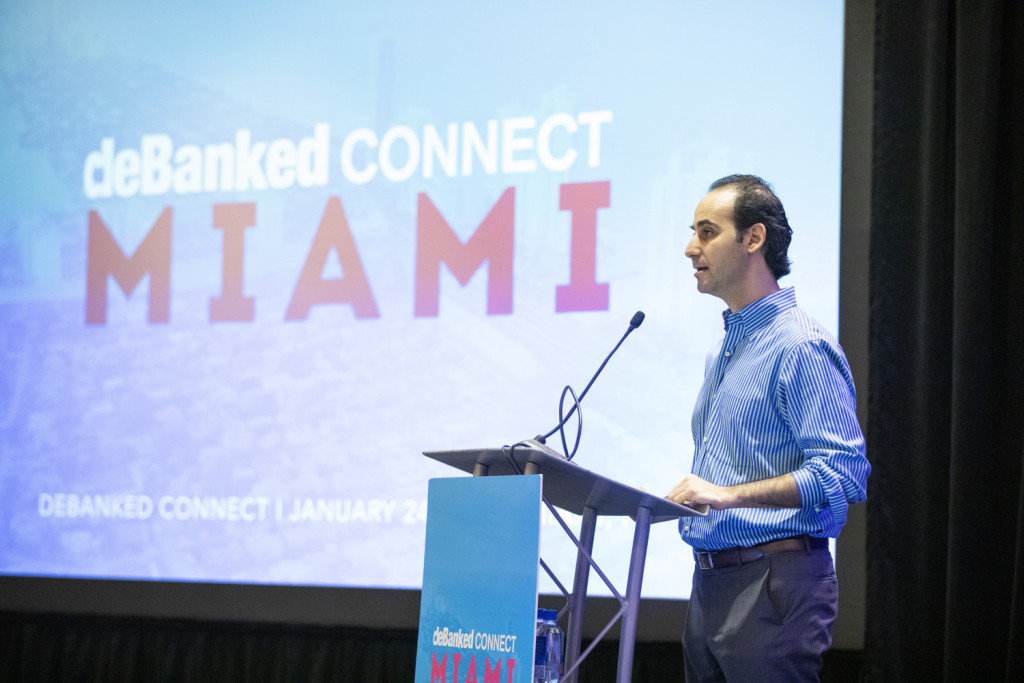







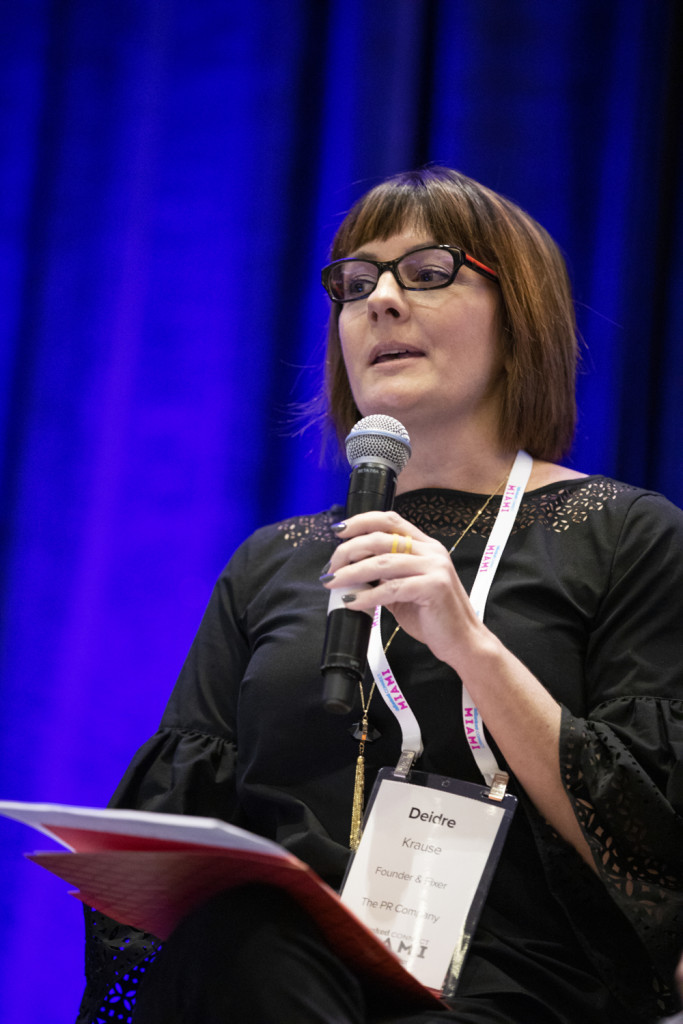
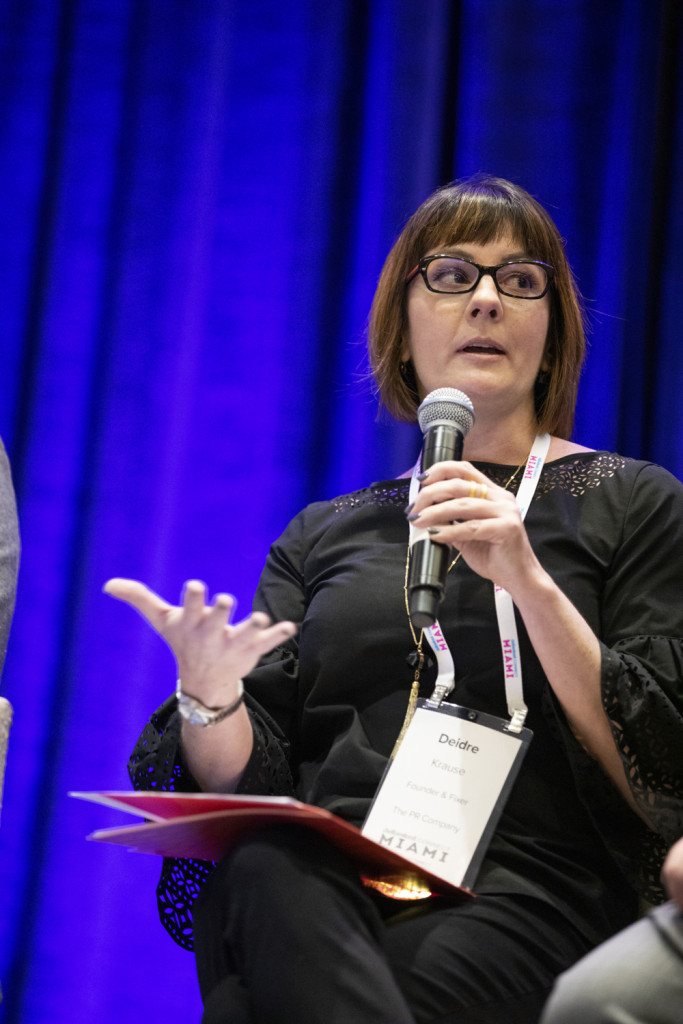
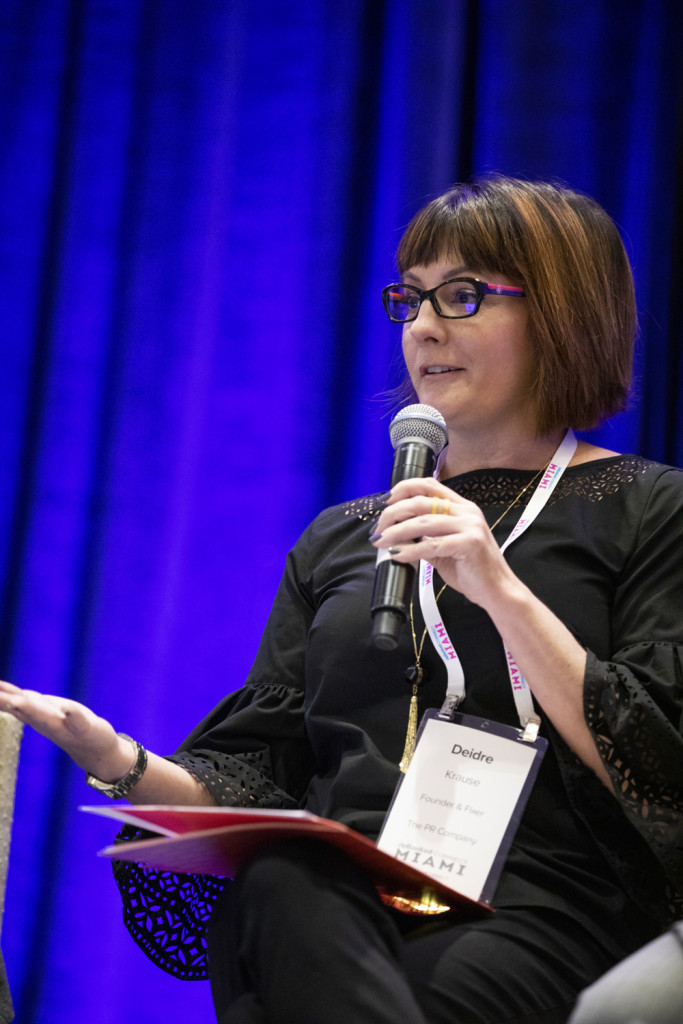











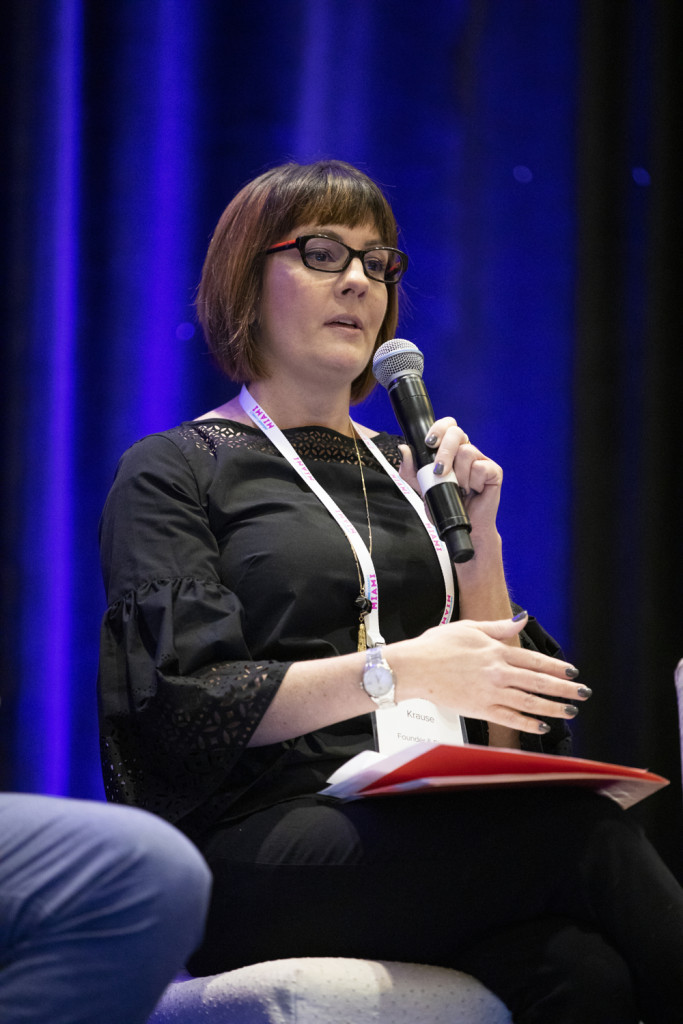

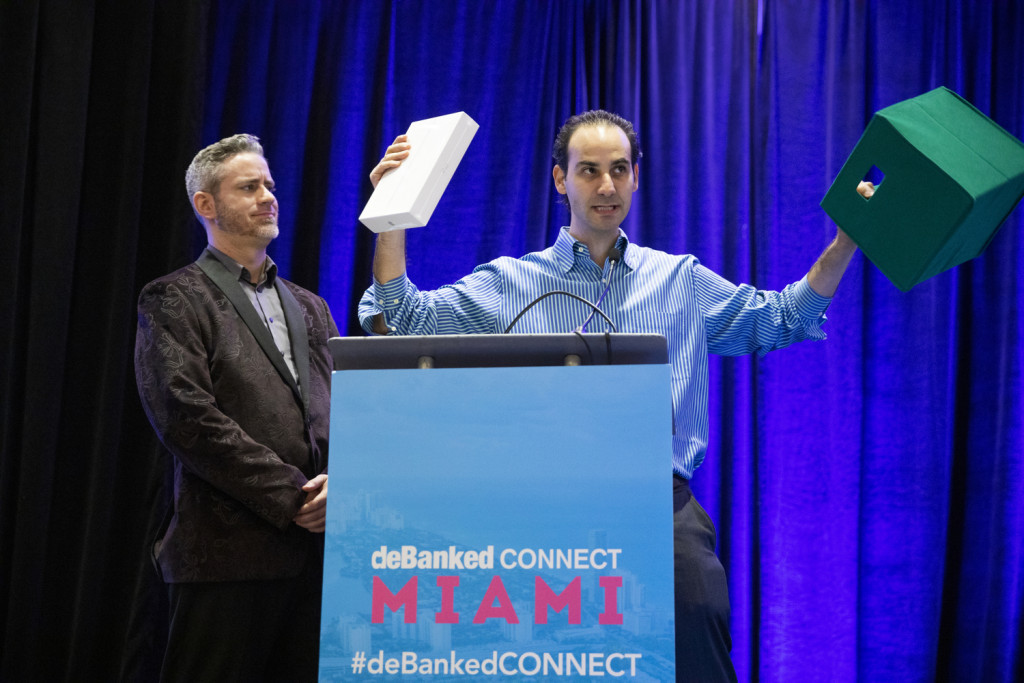















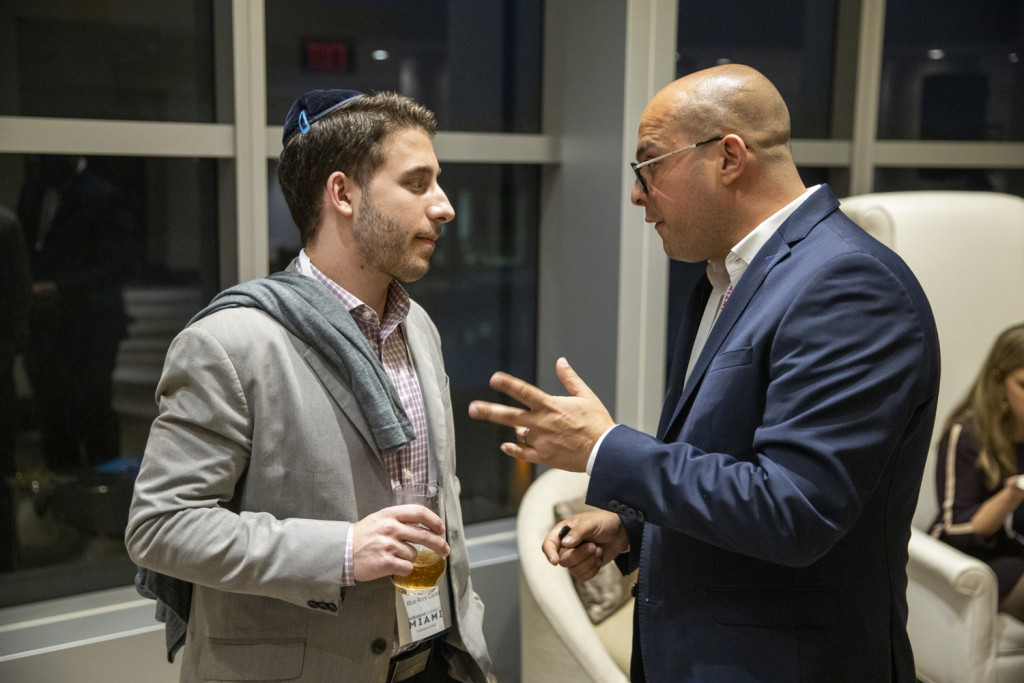











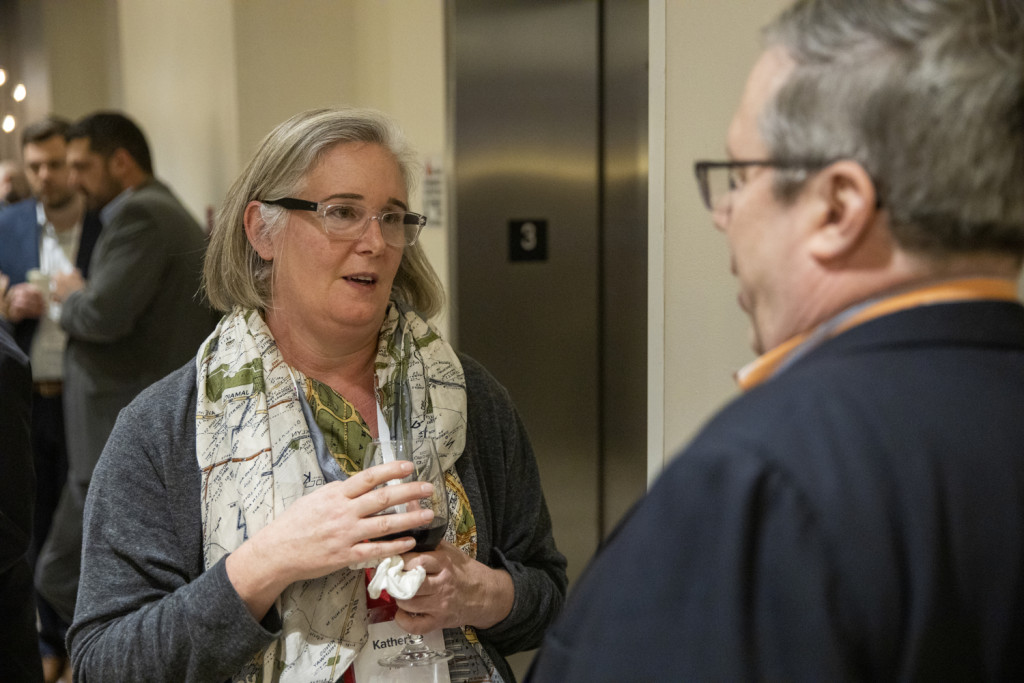






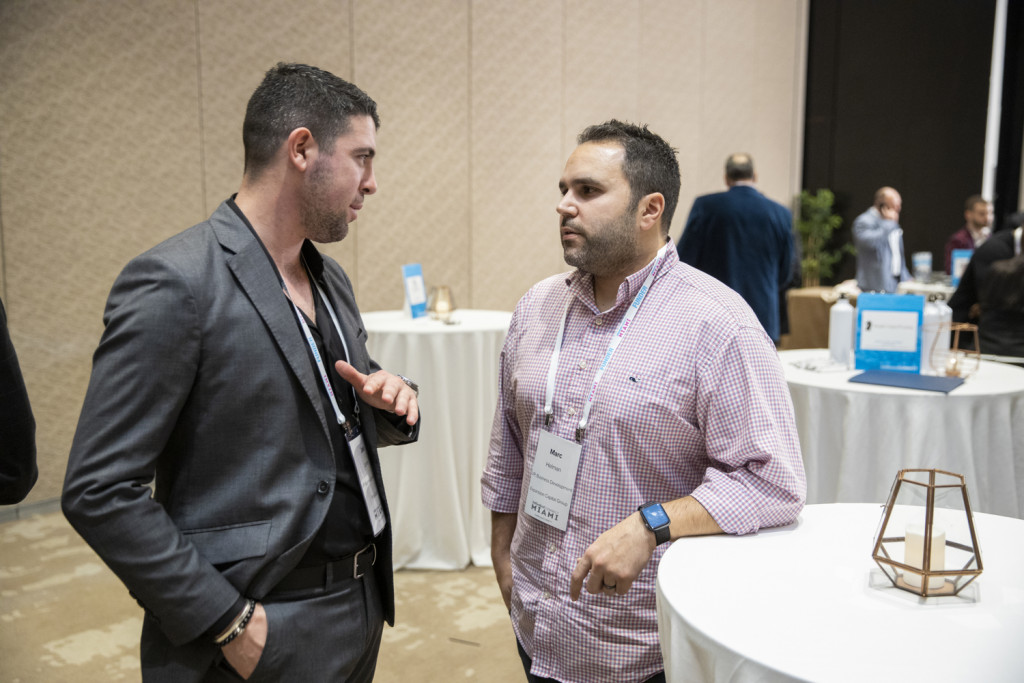






















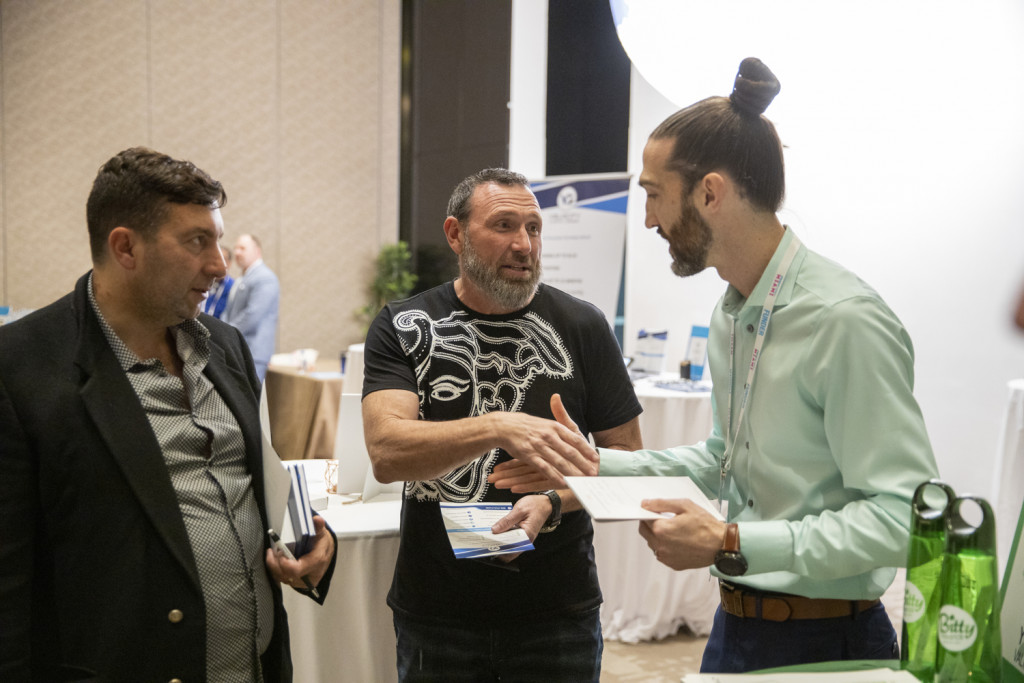

















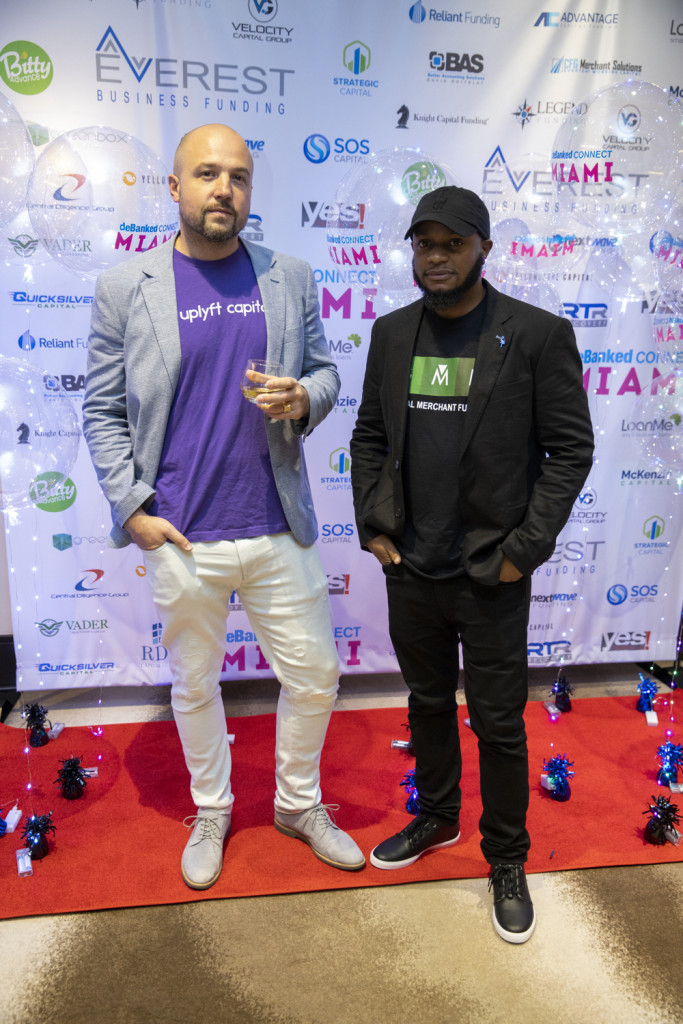



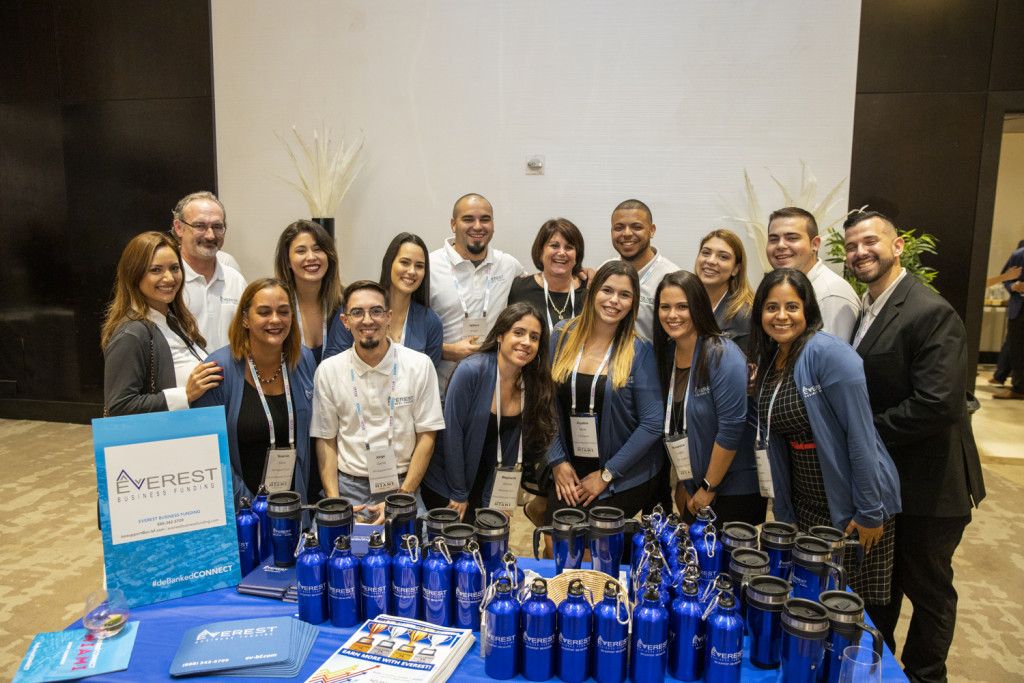

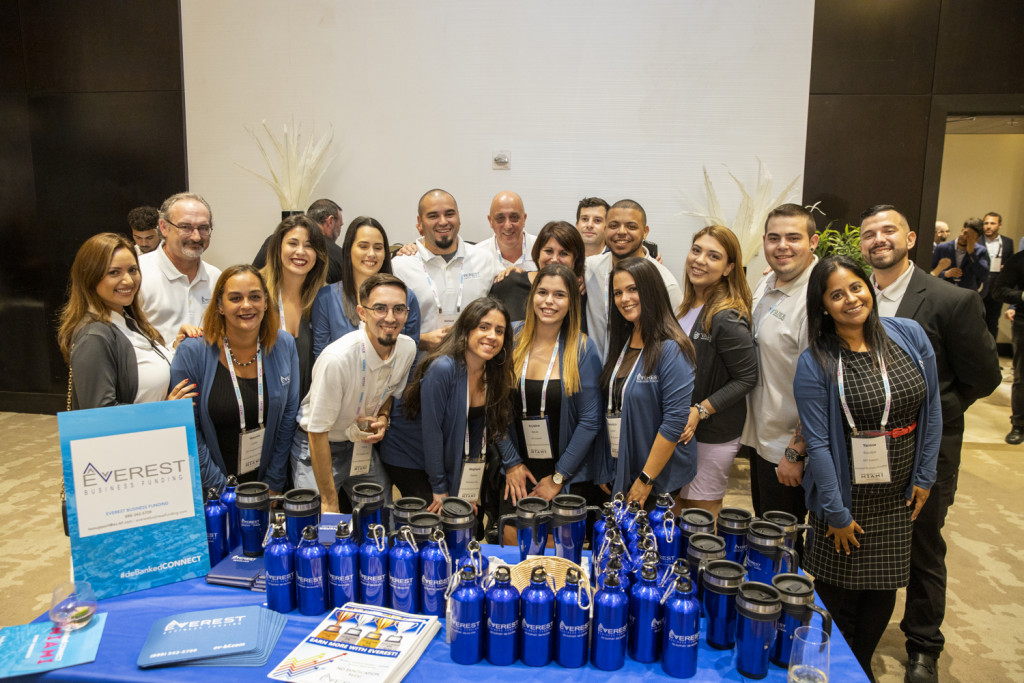

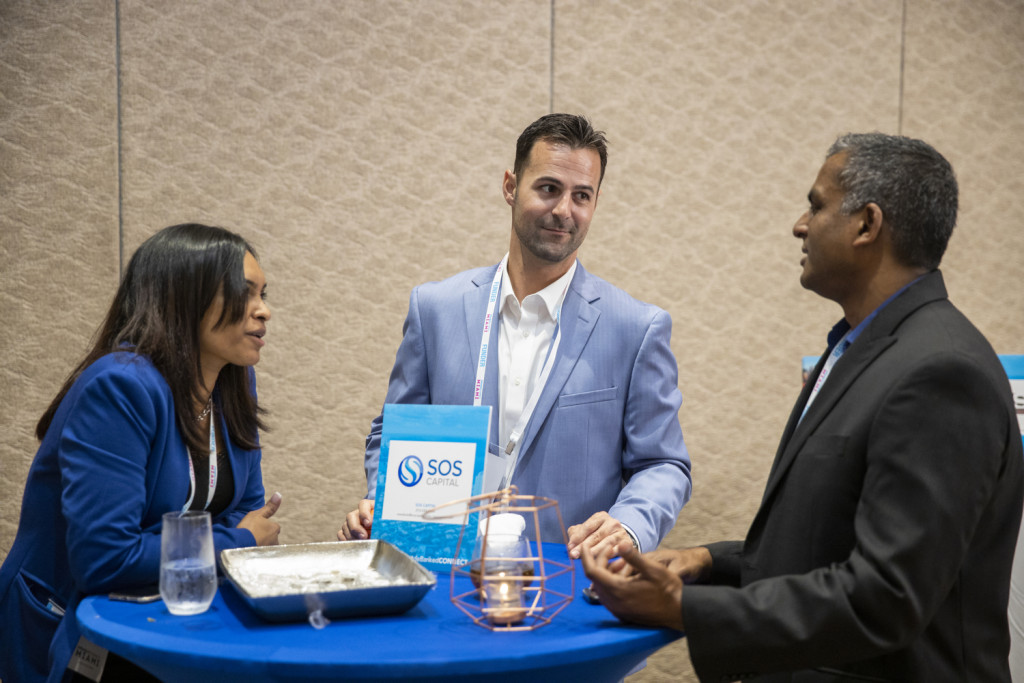









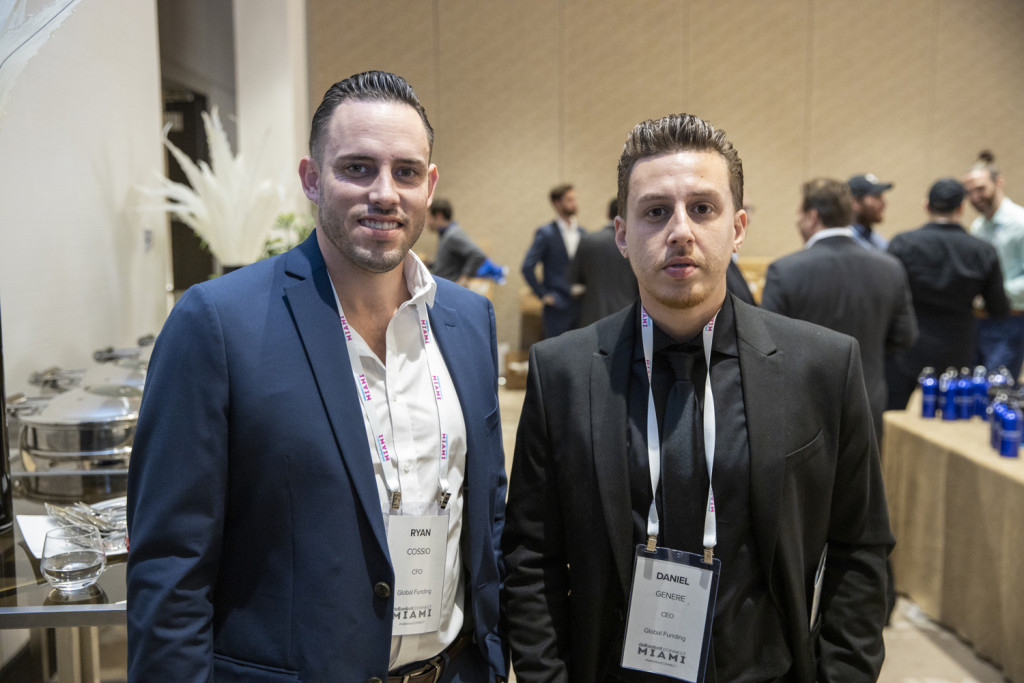




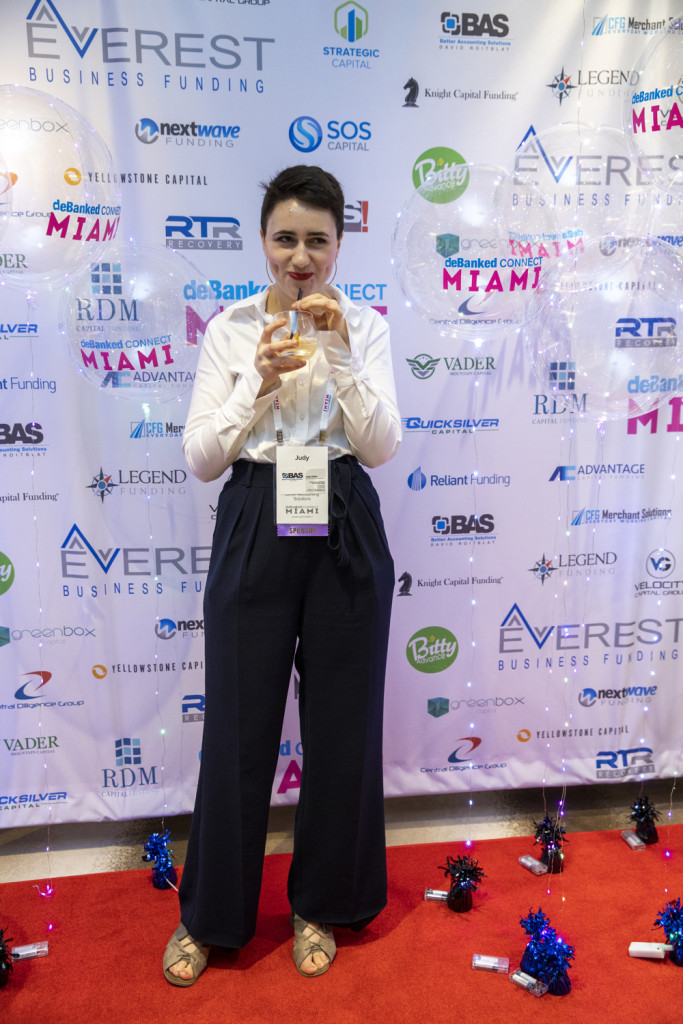




Funding Circle Partners with Stripe
January 23, 2019 Funding Circle announced this morning that it has joined the Stripe Partner Program, which will allow the company to provide financing to Stripe customers in the United States. Funding Circle is a small business loan funder that offers fully amortizing small business term loans. Their loans range from $25,000 to $500,000 and have terms between six months and five years.
Funding Circle announced this morning that it has joined the Stripe Partner Program, which will allow the company to provide financing to Stripe customers in the United States. Funding Circle is a small business loan funder that offers fully amortizing small business term loans. Their loans range from $25,000 to $500,000 and have terms between six months and five years.
“We’re excited to work with Stripe to connect even more business owners with the affordable capital they need to go further,” said Bernardo Martinez, U.S. Managing Director of Funding Circle. “Funding Circle and Stripe are both dedicated to helping companies scale their businesses in the digital age, ultimately creating jobs, opportunities, and driving growth in the broader economy.”
This is Funding Circle’s first integration partnership with a payments platform in the U.S. With the partnership, Funding Circle gets access to Stripe’s small business owners, but Stripe also wins by providing more services to its customers.
“We are enabling Stripe customers to finance their growth and the end result is that, as these companies grow, [Stripe] has a higher number of payments go through their system,” said Martinez.
No money will exchange hands between Funding Circle and Stripe, Martinez said. While this partnership will start with Stripe’s U.S. small business customers, Martinez said that Funding Circle is excited about the opportunity to scale with Stripe, which serves customers internationally.
Funding Circle is not the only small business lender that has partnered with Stripe. Another company called Bitbond, based in Berlin, is listed on the company’s Stripe Partner Program.
Founded 2010, Funding Circle is headquartered in London and has lent $8.6 billion to 62,000 businesses globally. Listed on the London Stock Exchange as FCH, the company employs about 1,000 people and has offices in San Francisco and Denver.
Small Business Funding is Blasting Off
January 18, 2019Despite the pall of the record long partial government shutdown which has hurt brokers and funders of SBA loans, many companies and individuals in the online small business funding space are off to a very fruitful 2019. Below are some that we found.

After 15 years in the screen printing and embroidering business, Edward DeAngelis spent about four years learning the online funding business before creating Amerifi, a small business funding brokerage. Amerifi and DeAngelis, its CEO and founder, have had a very strong 2019 so far. Since January 1, DeAngelis said that Amerifi has facilitated $7,420,667 in funding. This is compared to $1,284,890 for the entire month of January 2018.
DeAngelis attributes this in part to his increasingly diversified product offering. Amerifi, located in Broomall, PA, offers term loans, asset backed loans, lines of credit and merchant cash advances, among other products. He said that he’s trying to develop a brand known for funding every deal, large and small. He also said that developing a solid team, which now includes eight salespeople, is very important.
“I’m not one for high turnover,” DeAngelis said. “I invest in my team. I spend plenty to provide good leads to all my guys and I treat my team well.”
DeAngelis said he provides his whole team with health insurance. Founded in March of 2017, Amerifi has so far brought nearly $49 million of funding to American small businesses.

Co-founder and CEO of Idea Financial, Justin Leto, said they have seen an uptick in volume starting in December of last year and carrying over into 2019.
“In the first week or so of December the volume wasn’t as high as we thought,” Leto said. “But then all of a sudden as we got to the end of the year, even up until New Year’s Eve when we thought there would be nothing going on at all, the volume was tremendous. And it wasn’t volume that we were just declining. It was really good paper coming in. And it has continued through January. The paper has been solid. The quality of the deals are very good.”
Idea financial, based in Miami, FL, provides a line of credit product, with 12 and 18 month repayment periods.
“We have a 650 minimum FICO, so we have to get the higher credit quality merchants,” Leto said. “And they’ve been coming. What I’ve seen is we have an approval for $100,000-$150,000 and it’s rare that anybody takes the full amount…If people are taking a percentage of the line and using it over time and continuing to draw over time for different projects, I think that’s a sign of a responsible borrower…I don’t see a recession coming.”

CEO of Accord Business Funding, Adam Beebe, told deBanked that it was doing about double the amount in funding this month compared to last January. Completely ISO driven, Beebe said that submissions over the past month or so have been up 30 to 40 percent but couldn’t attribute it to any one specific thing.
Founded in 2013, Accord funds MCA deals exclusively and employs over 20 people in its Houston-based office. Last year, it made a key hire to expand its marketing efforts.

“I’ve had more deals in the last two weeks than during any other two week period last year,” said Jarret Ortmann, Senior Lending Officer at Ironwood Finance in Corpus Christi, Texas.
He also said that he’s been seeing more deals coming in from his brokers. Ironwood provides working capital, equipment financing and collateral lending.
Capify Secures Massive Credit Facility from Goldman Sachs
January 16, 2019 Capify, which serves the UK and Australia markets, announced this morning that it has secured a £75 million (roughly $95 million) credit facility from Goldman Sachs.
Capify, which serves the UK and Australia markets, announced this morning that it has secured a £75 million (roughly $95 million) credit facility from Goldman Sachs.
“This credit facility validates our company as a leader in the marketplace and underlines the strength of our business model to provide simple, affordable and smart financial options to UK and Australian small businesses,” Capify founder and CEO David Goldin said.
The achievement is notable for a company that is not venture capital or private equity based.
“Capify is one of the leading small business providers in the UK and Australia,” said Pankaj Soni, Executive Director at Goldman Sachs Private Capital. “We have been impressed with the management team, business model and innovative finance solutions for small businesses [and] we look forward to supporting their growth in the years ahead.”
Capify provides MCA deals and business loans to small business merchants. Goldin told deBanked that MCA deals make up about 75% of Capify’s business in the UK, with about 25% in business loans. The ratio in Australia is the inverse, he said.
Goldin entered the UK and Australian markets in 2008 and said that they have become hyper competitive over the last three to four years. He acknowledged that both markets are still far smaller than the U.S. though.
“You don’t see these big crazy origination volumes [that you do in the U.S.]…[for us,] it’s about building a profitable, growing company.”
According to Goldin, another difference between the U.S. market and the UK and Australian markets is that the latter has embraced self-regulation much faster than the U.S. For instance, in Australia, there have been recommendations from semi-governmental organizations on how funders should perform, including the publishing of APR in contracts for business loans.
“These markets have moved quicker for self-regulation in the last two or three years than the U.S. market has moved in 10 years.”
This may be a matter of other countries learning from the experiences of the U.S., he said.
Goldin said that in addition to scaling Capify, the money from the facility will also be used to launch partner/broker programs in the UK and Australia. So far, the majority of Capify’s leads come from internal direct marketing efforts.
Capify employs more than 120 people divided between two offices, one in Manchester, England and the other in Sydney, Australia.
Goldin integrated the U.S. operations of Capify to Strategic Funding (now Kapitus) in 2017.
Why Strategic Funding Rebranded as Kapitus
January 15, 2019 Today, Strategic Funding announced the launch of a new brand identity, including a name change. Strategic Funding will now be called Kapitus.
Today, Strategic Funding announced the launch of a new brand identity, including a name change. Strategic Funding will now be called Kapitus.
“We had a name that was very well respected,” said Kapitus founder and CEO Andy Reiser. “Everybody loved our name, quite frankly. They loved it so much, they all copied it. You can’t trademark ‘Strategic Funding.’ It’s too generic.”
Kapitus, spelled this way, is not a word in any language, which makes it easier to trademark.
“We wanted to separate ourselves in a way that is clearly identifiable,” Reiser said. “It’s an easy one-word name [that] symbolizes stability and strength. It’s ‘capital from us,’ if you want to break it down.”
Reiser said that the company has been relatively quiet over the last three years, but they have been advancing all along, and they are particularly proud of their brand new ISO portal. According to Reiser, the new portal helps ISOs better understand their book at Kapitus and allows brokers to generate a contract quickly without having to call them. The company has an in-house marketing team, but well over 50% of its business comes from the ISO channel.
Kapitus provides a variety of financial products, including equipment financing (they have an in house equipment leasing division) and factoring (they have a small internal factoring group). They also offer business loans, lines of credit and MCA deals. But the company’s largest portion of its business – more than 15% – comes from its Helix Healthcare Financing product, which finances healthcare practitioners like doctors, dentists and veterinarians.
Unlike other funders of healthcare practitioners that may offer financing terms up to 18 months, Kapitus offers terms of up to 10 years as long as the merchant satisfies its requirements. The company also funds a considerable number of healthcare-related businesses, like medical equipment providers. Otherwise, Reiser said that Kapitus has a diversified mix of merchants, from restaurants to manufacturers.
Reiser said that about 15% of Kapitus’s business consists of deals above $150,000 for which they have a seperate team. They do deals as high as $750,000.
When operating under the Strategic Funding name, there was a payment servicing division of the company, called Colonial Servicing. That entity will remain, but will be woven into the new Kapitus name.
Founded in 2006, Kapitus employs 240 people divided among three offices. The headquarters is in New York and there is an office with about 30 people in Arlington, VA, and a Dallas-area office with about 35 people working in collections and customer service.
Kabbage Finances US Small Business Customers of Alibaba
January 14, 2019 Kabbage announced today that it has partnered with Chinese e-commerce giant, Alibaba, to provide financing to small businesses that purchase materials on the platform. The financing program, offered by Alibaba and powered by Kabbage, is called Pay Later.
Kabbage announced today that it has partnered with Chinese e-commerce giant, Alibaba, to provide financing to small businesses that purchase materials on the platform. The financing program, offered by Alibaba and powered by Kabbage, is called Pay Later.
“Financing at the point of sale requires a fully automated solution that can handle the immense volume of daily transactions that occur on Alibaba.com,” said Kabbage CEO Rob Frohwein. “We are incredibly impressed with the service and value that Alibaba.com delivers to American businesses and want to do all we can to support their important mission.”
According to the Kabbage announcement, Kabbage had a beta launch of Pay Later in June 2018 and it has so far delivered millions of dollars in financing to American small business. The business to business (B2B) financing product provides lines of credit up to $150,000, and according to Kabbage, each purchase financed via Pay Later creates a six-month term loan for the merchant with rates as low as 1.25% per month. Kabbage also said that there are no fees to maintain the line of credit, no order transaction fees and no early repayment fees.
This partnership is not the first of its kind. In February 2015, Lending Club announced a similar arrangement with Alibaba that offered funding to U.S. small business owners for point-of-sale transactions on the platform. Lending Club offered loans up to $300,000 and had an exclusive relationship with Alibaba for point-of-sale business financing. Kabbage told deBanked that their arrangement with Alibaba is not exclusive. Lending Club did not respond in time to explain their current relationship with Alibaba.
How an SBA Lender is Managing Through the Shutdown
January 10, 2019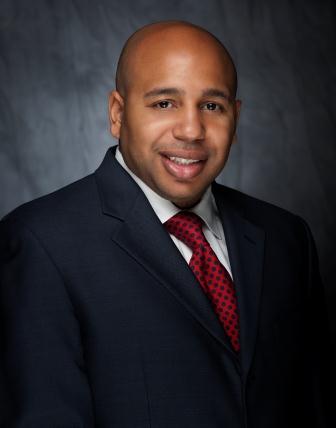
As a result of the U.S. government shutdown that started on December 22 of last year, hundreds of thousands of government employees have been working without pay. The shutdown has also temporarily stopped the Small Business Administration (SBA), a government agency, from operating. This means that obtaining an SBA loan, which is backed by the federal government, is no longer an option for American small business owners. (A lender cannot fund an SBA loan without the authorization of the SBA).
While most SBA loans are funded by banks, a fair amount are also funded by non-bank lenders, like Lendistry, for which 60% of its business came from SBA loans last year. In his 20 year career, Lendistry CEO Everett Sands remembers another government shutdown in 2013. According to data collected by The New York Times, the 2013 shutdown lasted 16 days. As of today, the shutdown has lasted 20 days, and the longest shutdown since 1976 was 21 days.
Sands told deBanked that lenders like him are continuing to process the loans. However, they have to wait until the government re-opens before closing on any new loans. Since Sands and other SBA funders can’t close on the loans, they can’t yet generate money from them. Thankfully for Sands, he just recently started expanding his product offering.
“I think we feel a little bit calmer than we would have last year because we [recently] rolled out [new products,]” Sands said. “An express line of credit program, a traditional line of credit, an express term product, and a commercial real estate product. So these products will not only keep us busy, but will allow us to weather the storm.”
Sands said that his team has been calling its borrowers and asking them if they would like to wait for their SBA loan to be processed or apply for a different kind of loan. He said that about half have decided to wait and half have decided to shop for another loan.
While SBA loans have been put on hold, Sands said that a government shutdown like this will likely increase the demand for loans in general, particularly among government contractors who are not getting paid.
“Historically, when there’s been a government shutdown, employees get their backpay. The government contractors do not. They just get delayed and pushed back further,” Sands said. “Generally, when people do not receive money, because the bills do not stop, they’re going to turn to resources…like lending organizations.”
As for SBA loans, once the shutdown is over, there will be a backlog, Sands said. He said that the SBA generally approves their loans in two days or less, but thinks that the approval time will probably move to 5 to 10 days if the shutdown stopped yesterday.
Sands joins most of the country in hoping that the shutdown will end soon. As it relates to his business: “I think it’s important to be able to offer clients all products that should be available to them, [including] the longer term [SBA] products which equals better cash flow. And if you think about it as a lender, you want to put your clients in the best position to pay you back.”
Despite the shutdown, 2018 was a very successful year for Lendistry with SBA lending. The company closed 92 SBA loans totaling $17.5 million and they have only been approved for SBA lending since June 2017, and only in California.
Founded in 2014, Lendistry employs 23 people. They offer loans of up to $1 million to small businesses in a variety of industries from restaurants to healthcare providers.





























